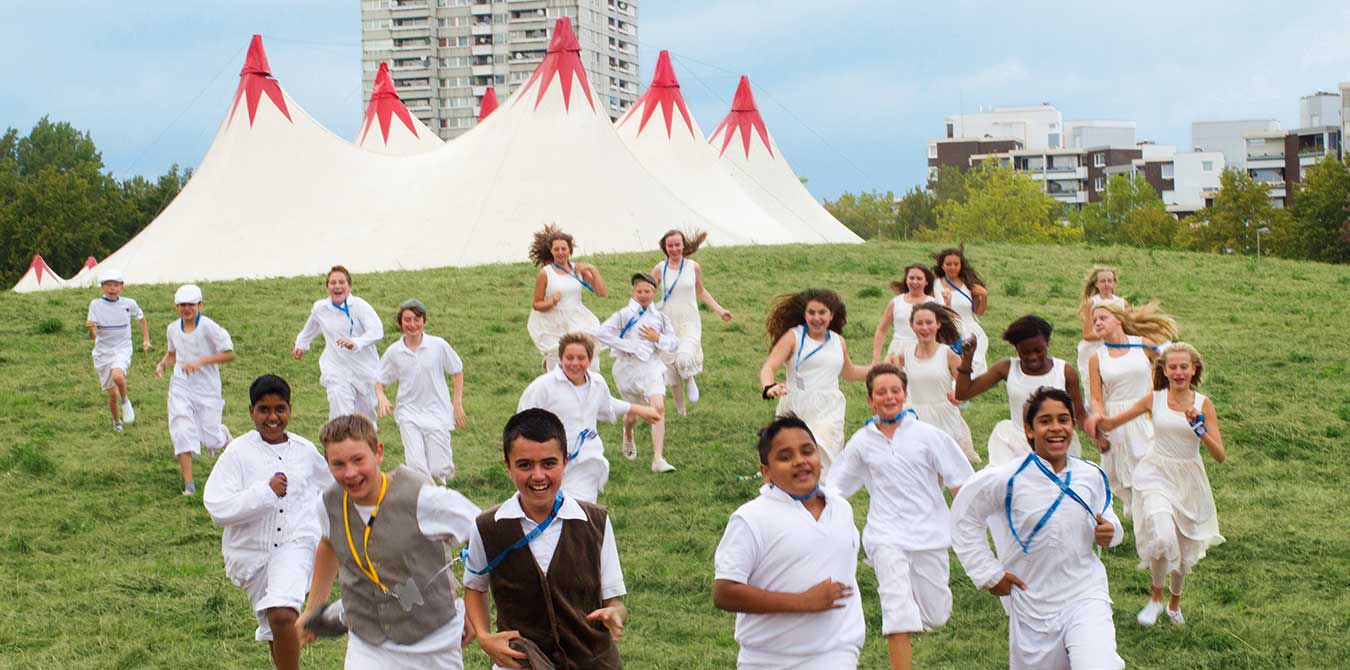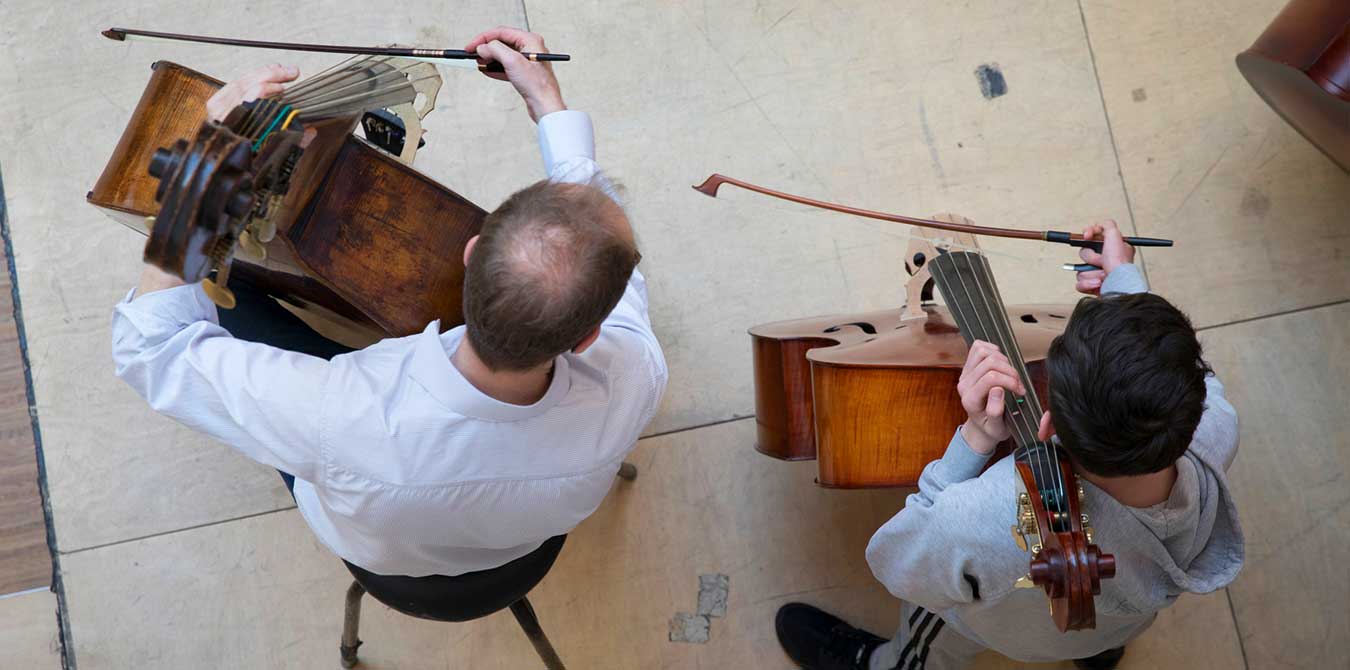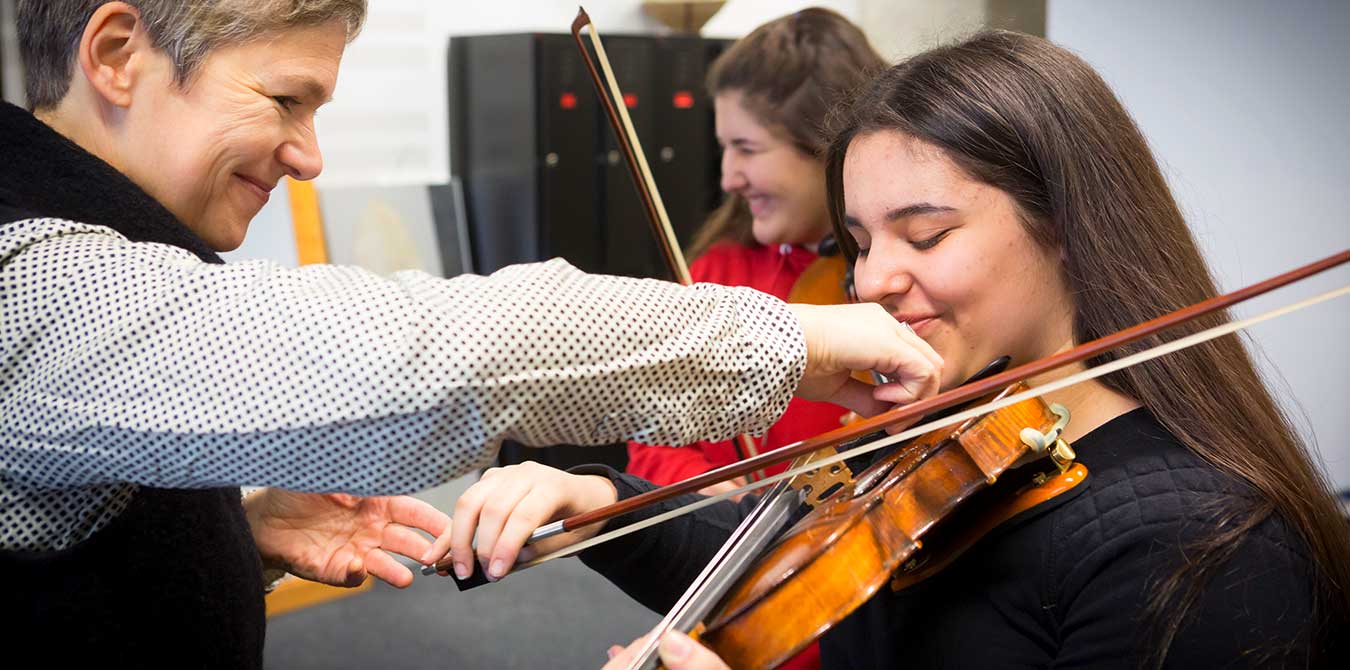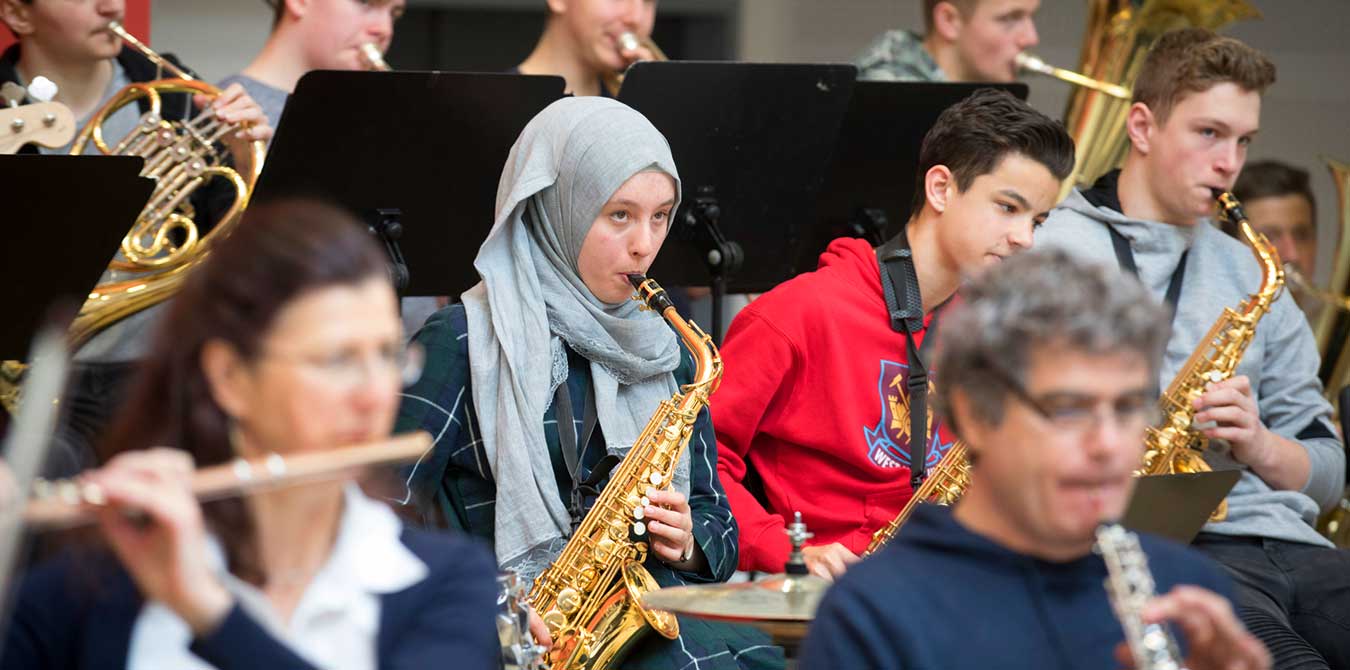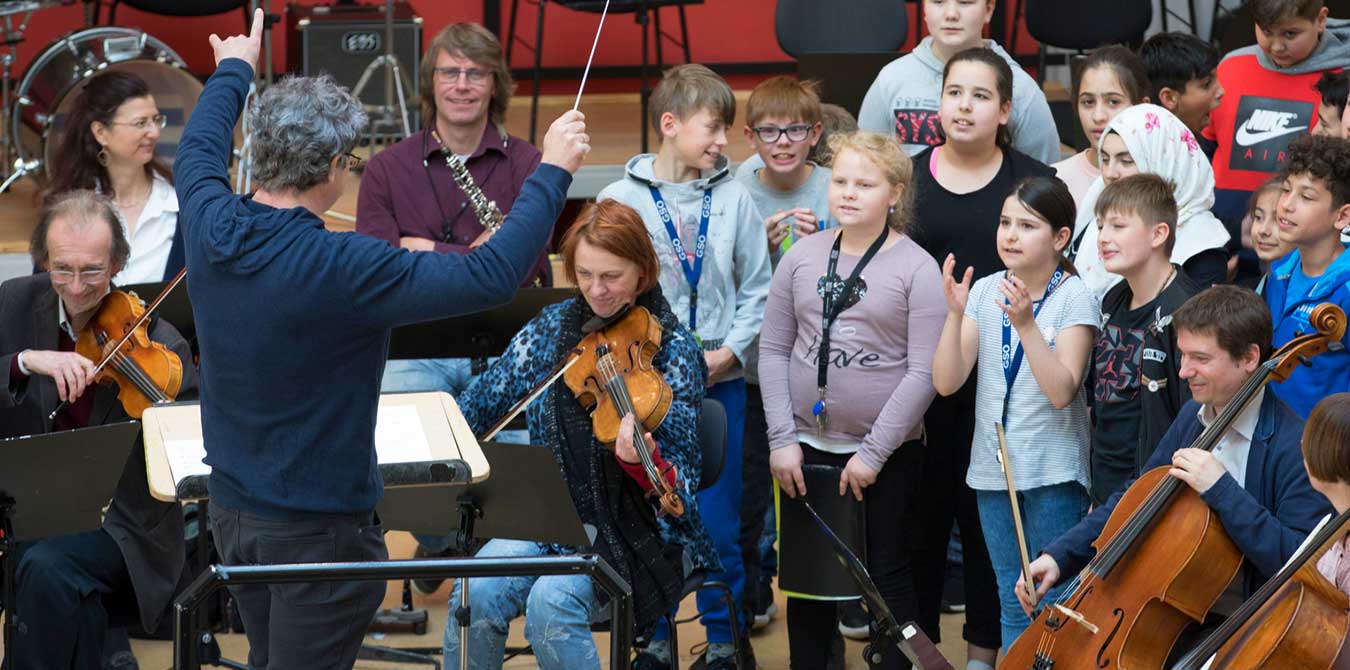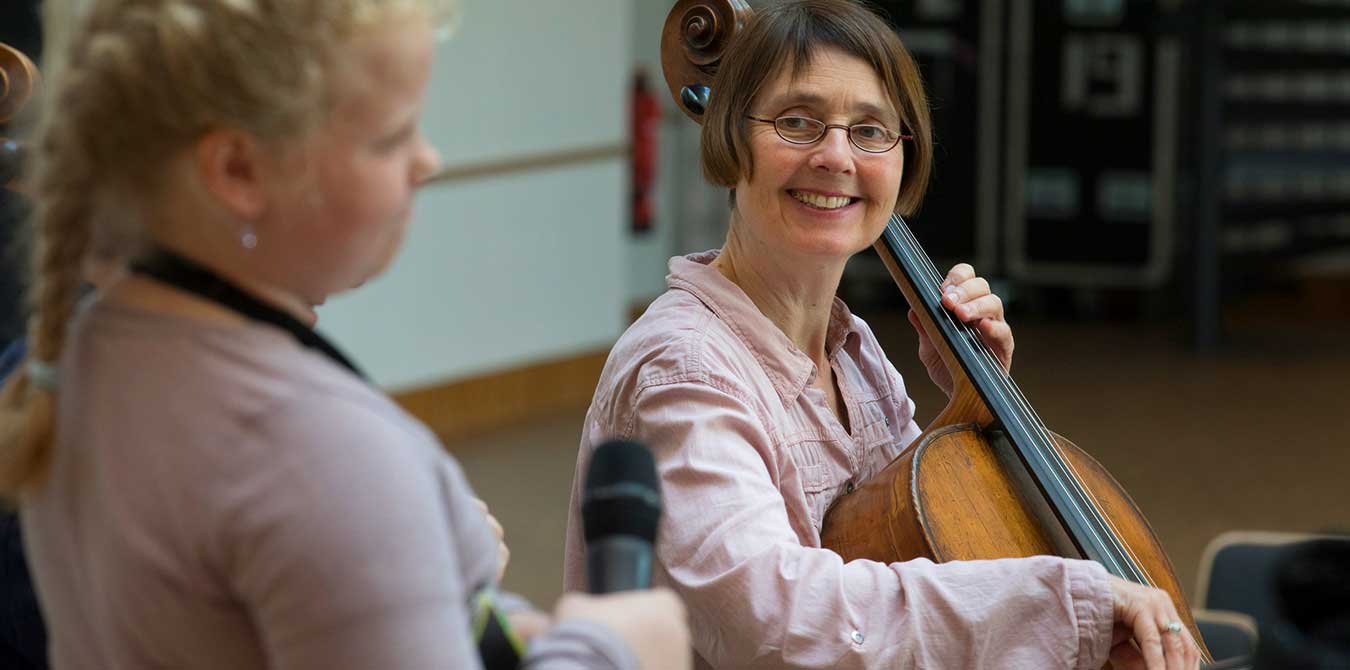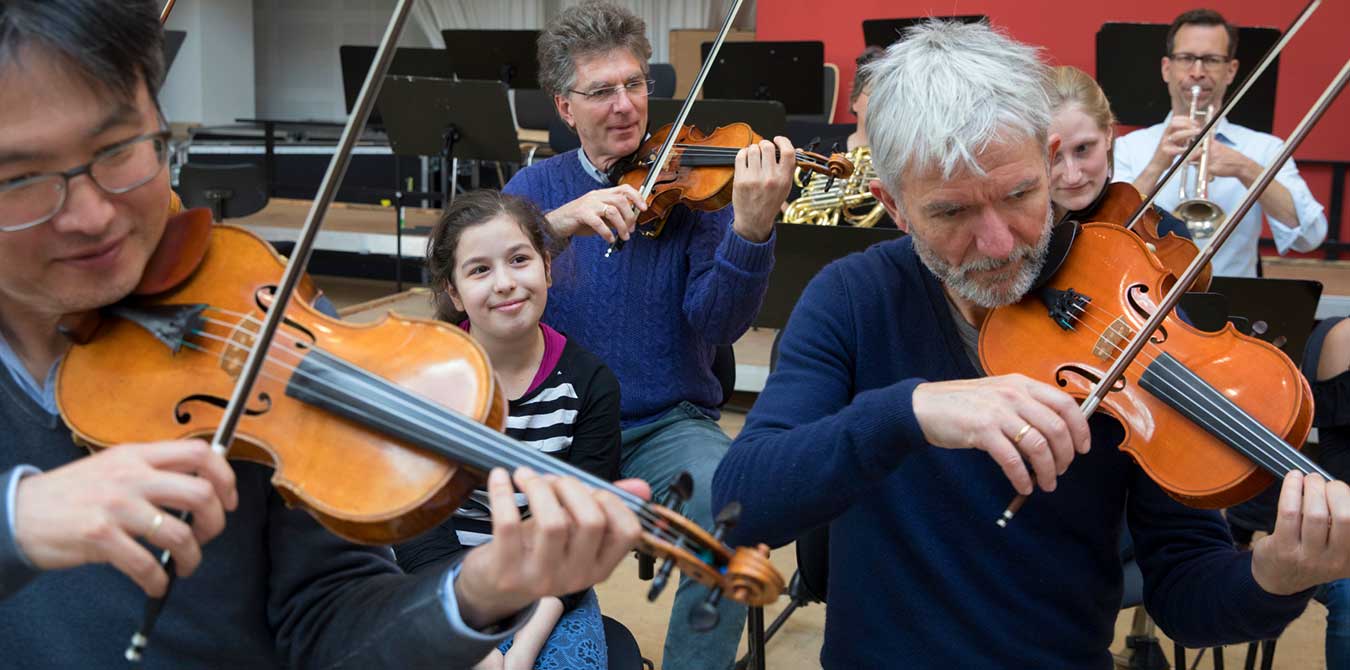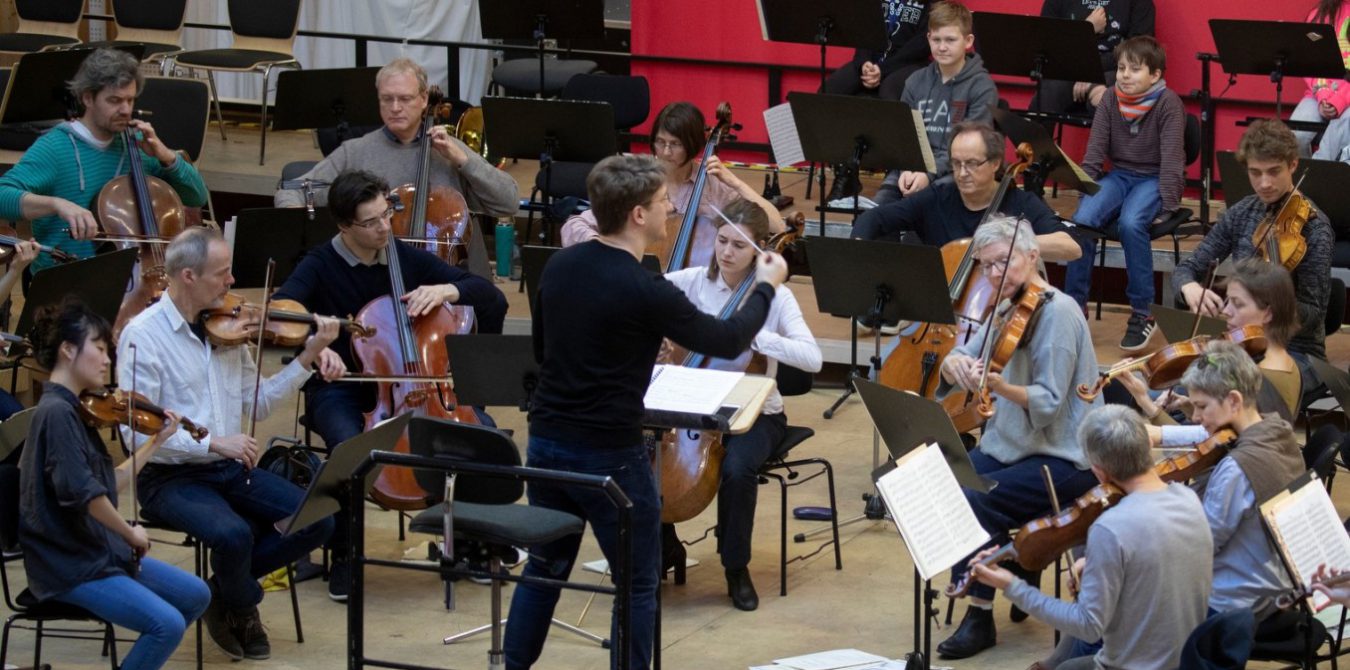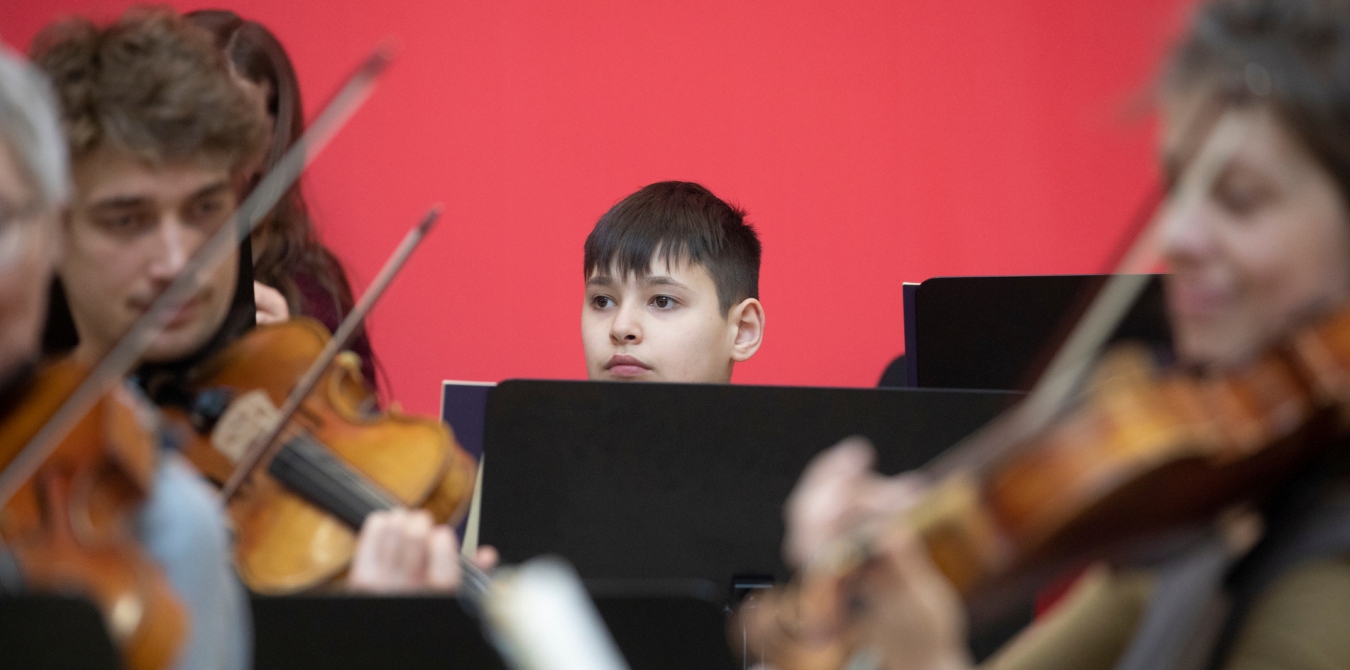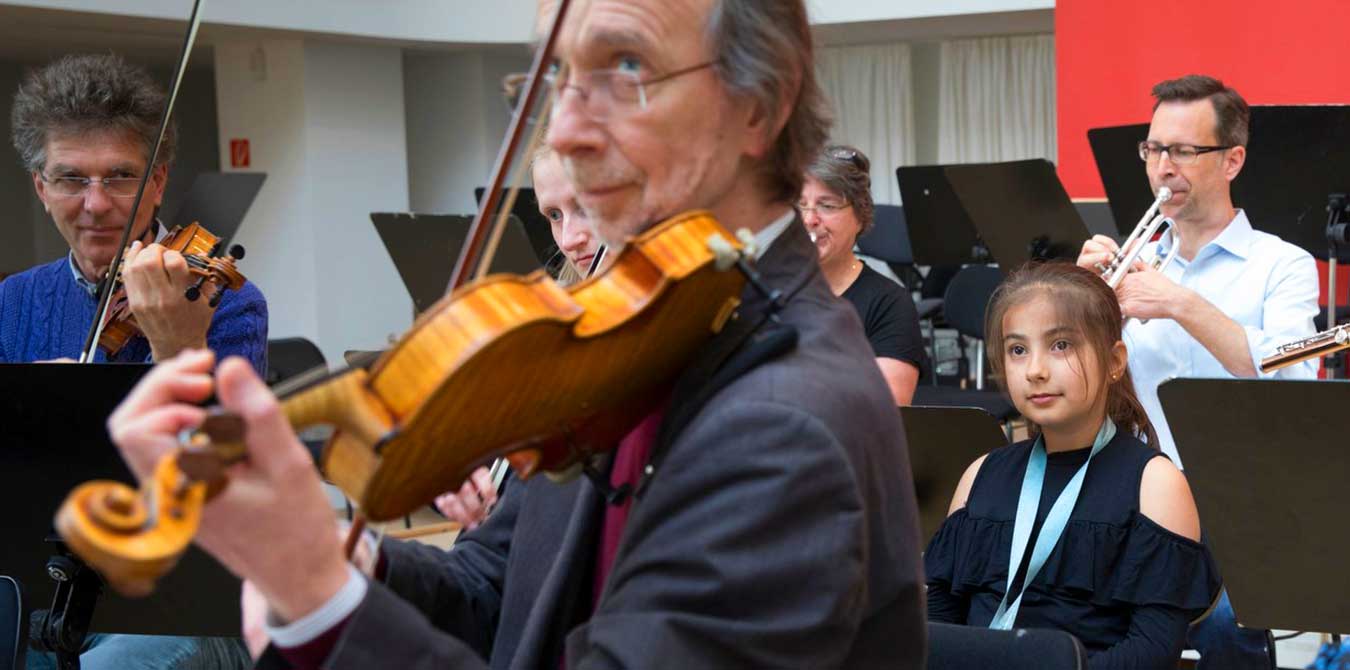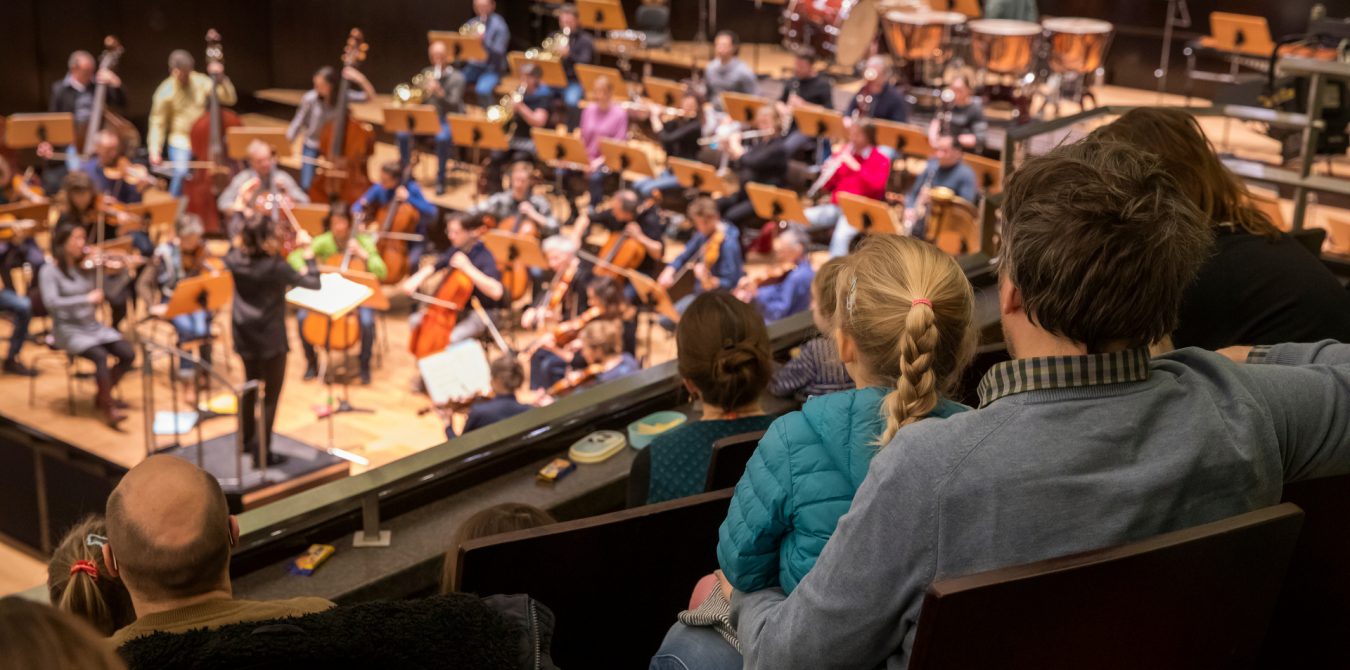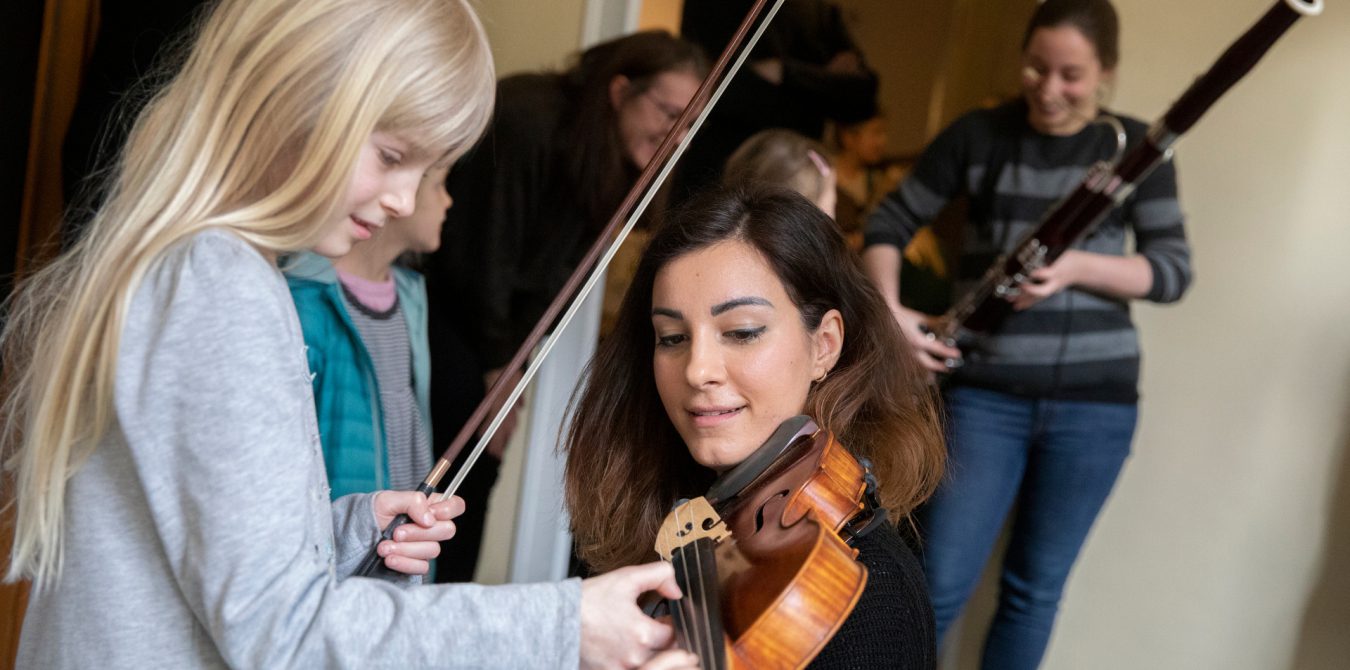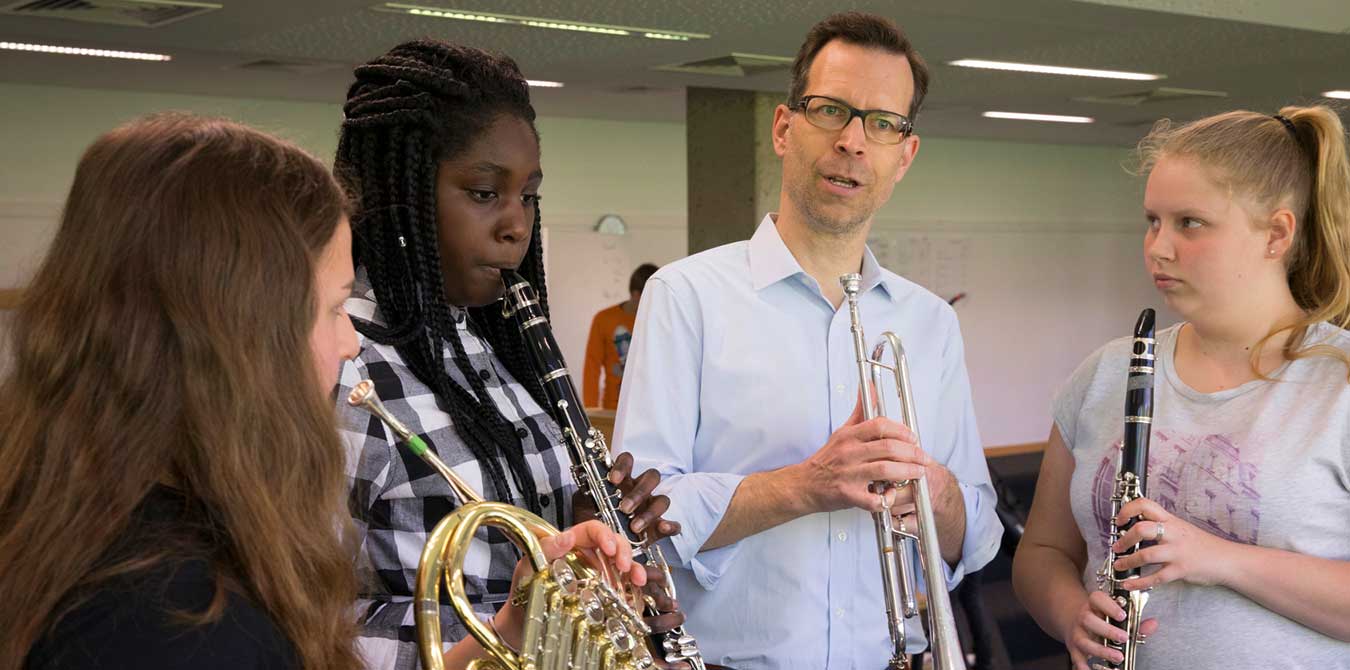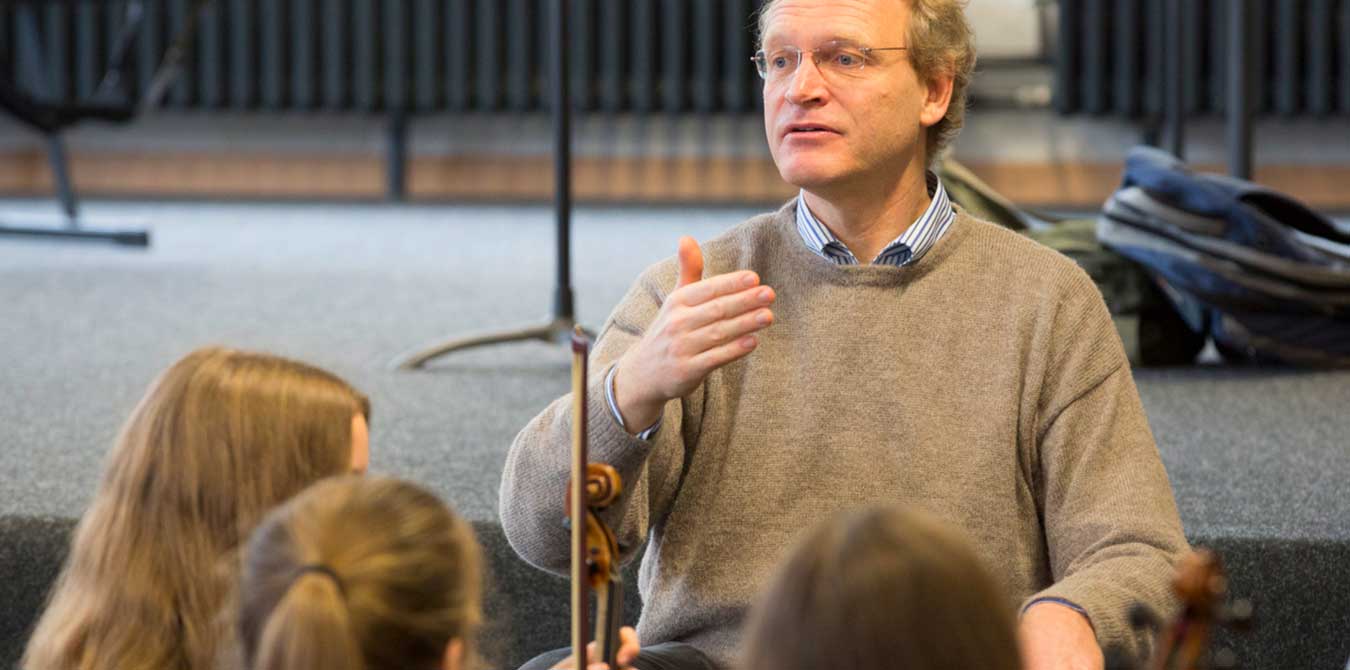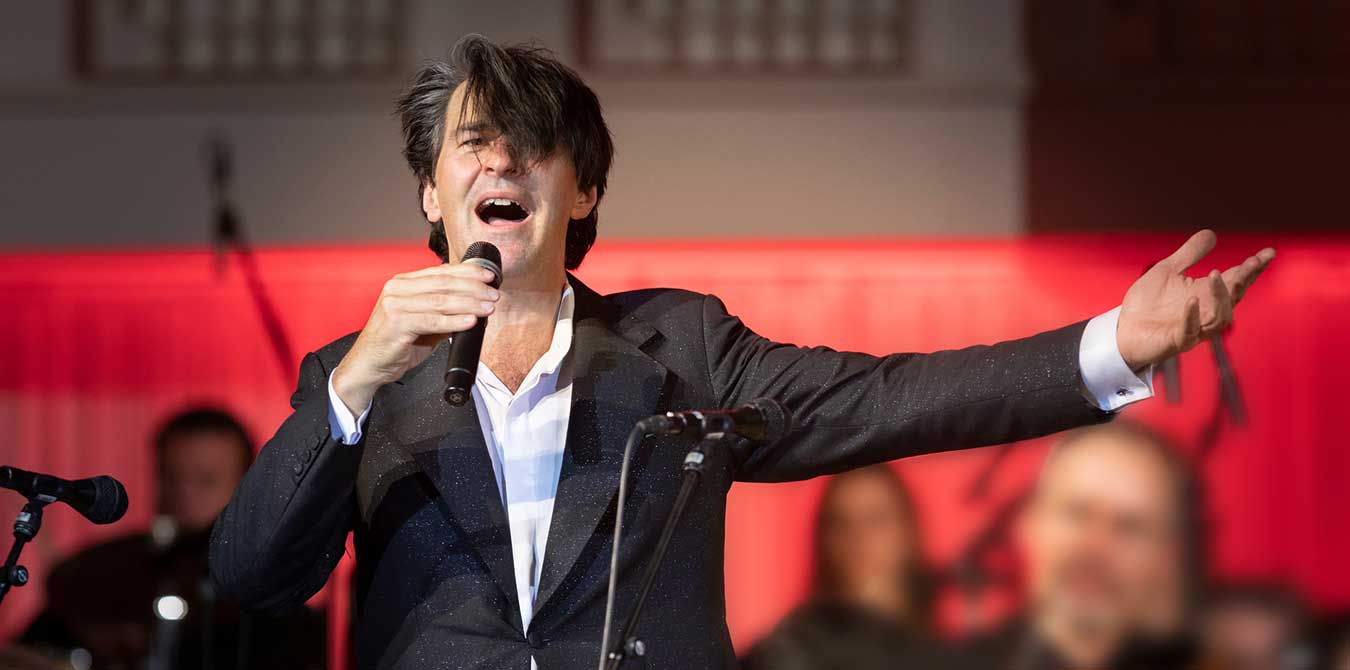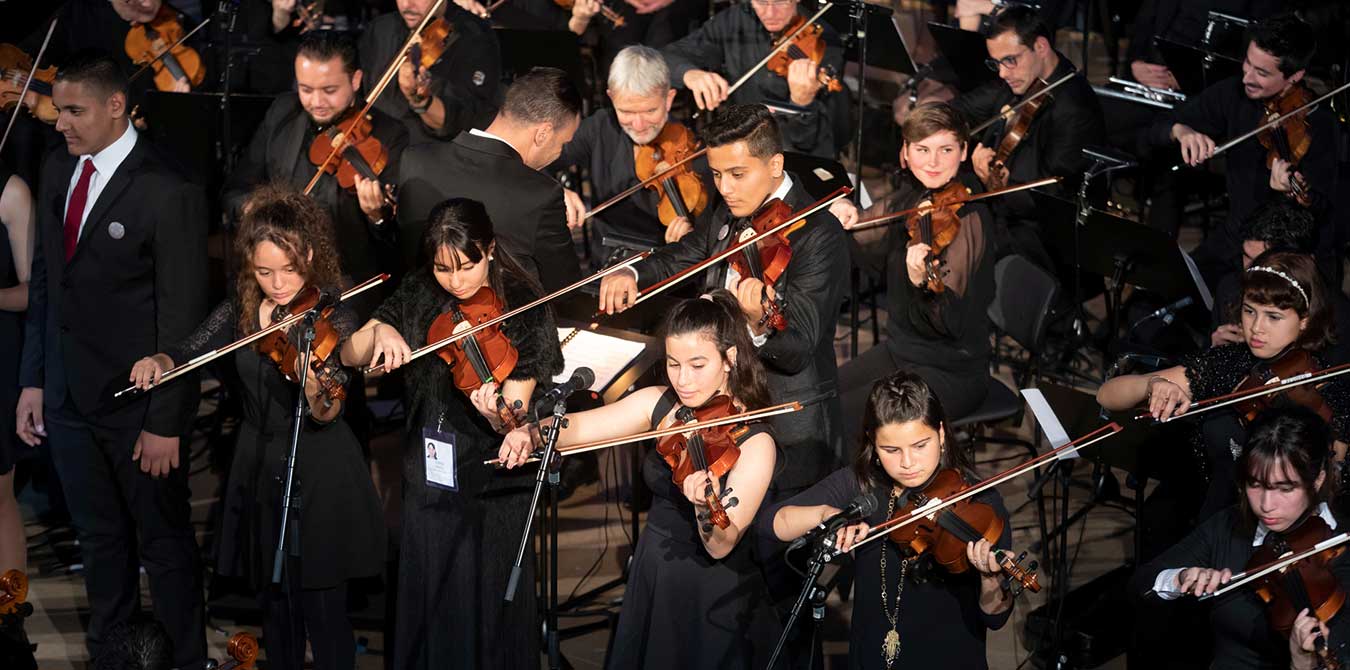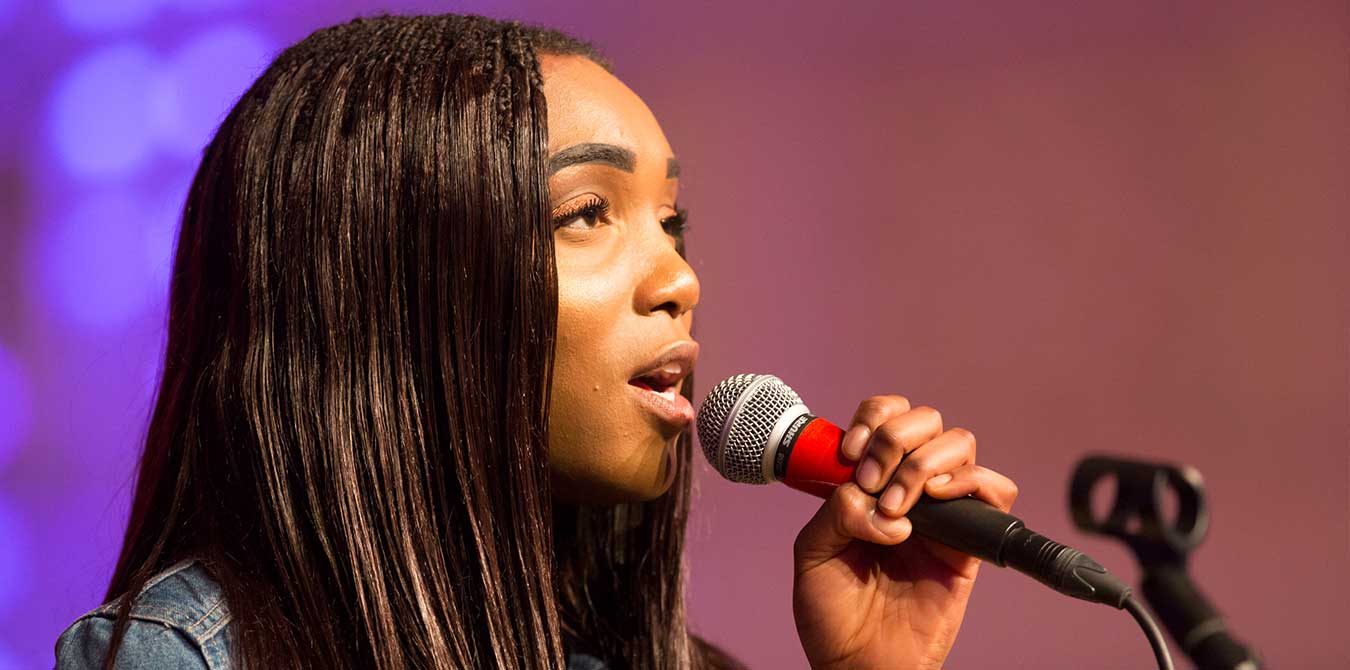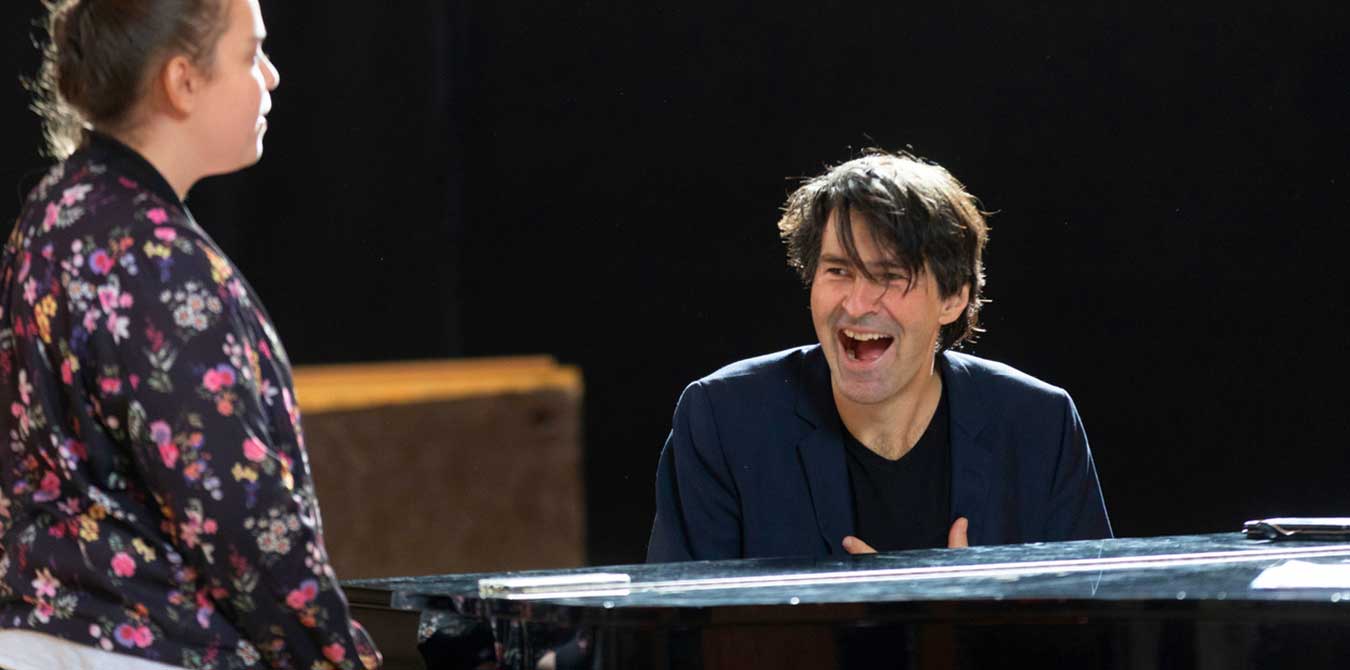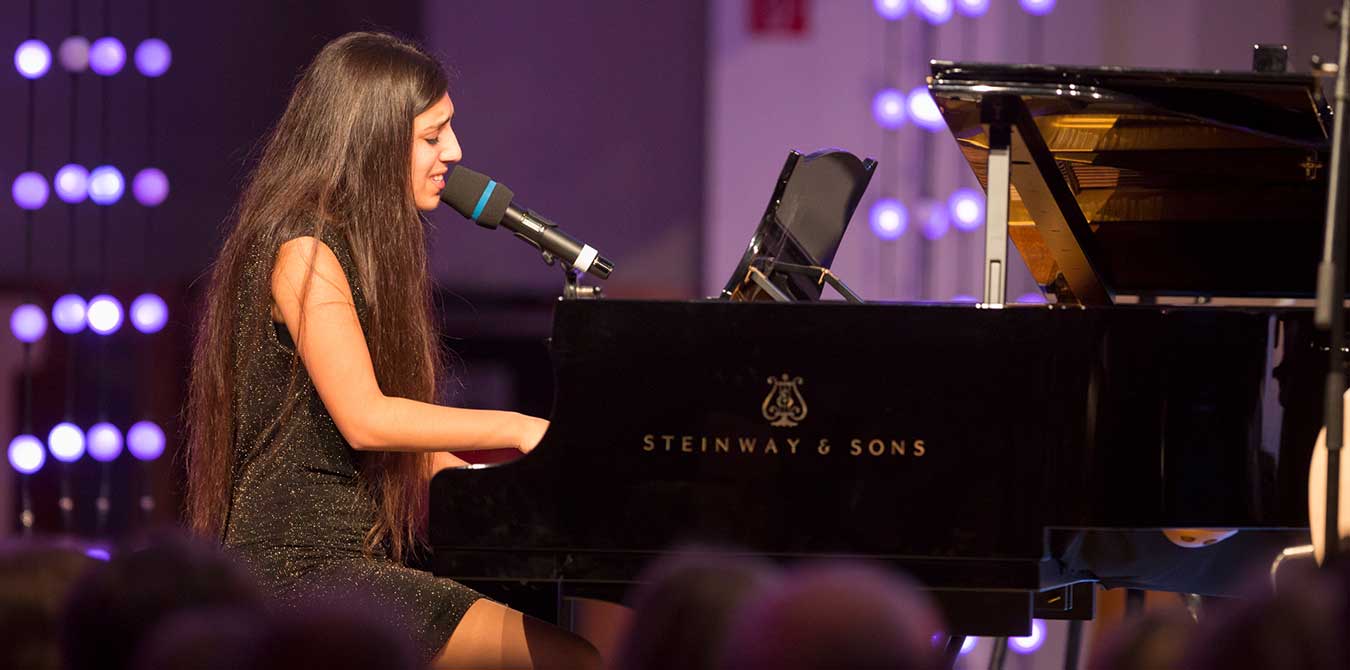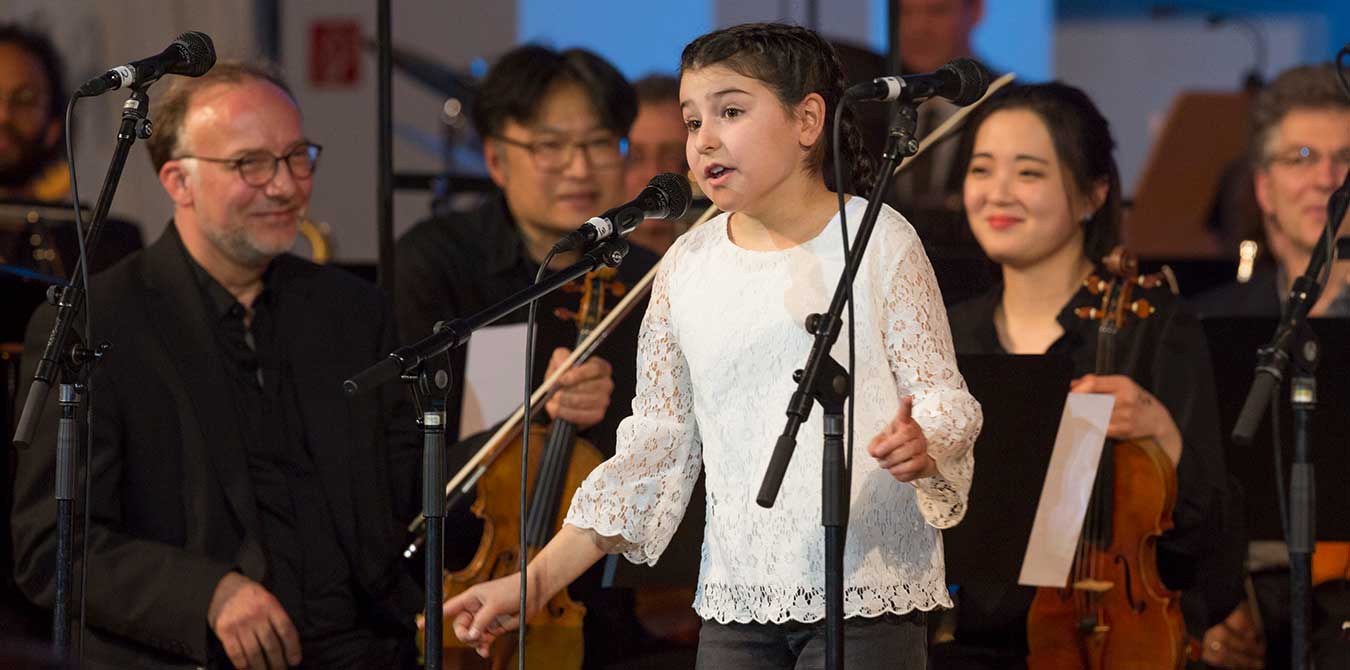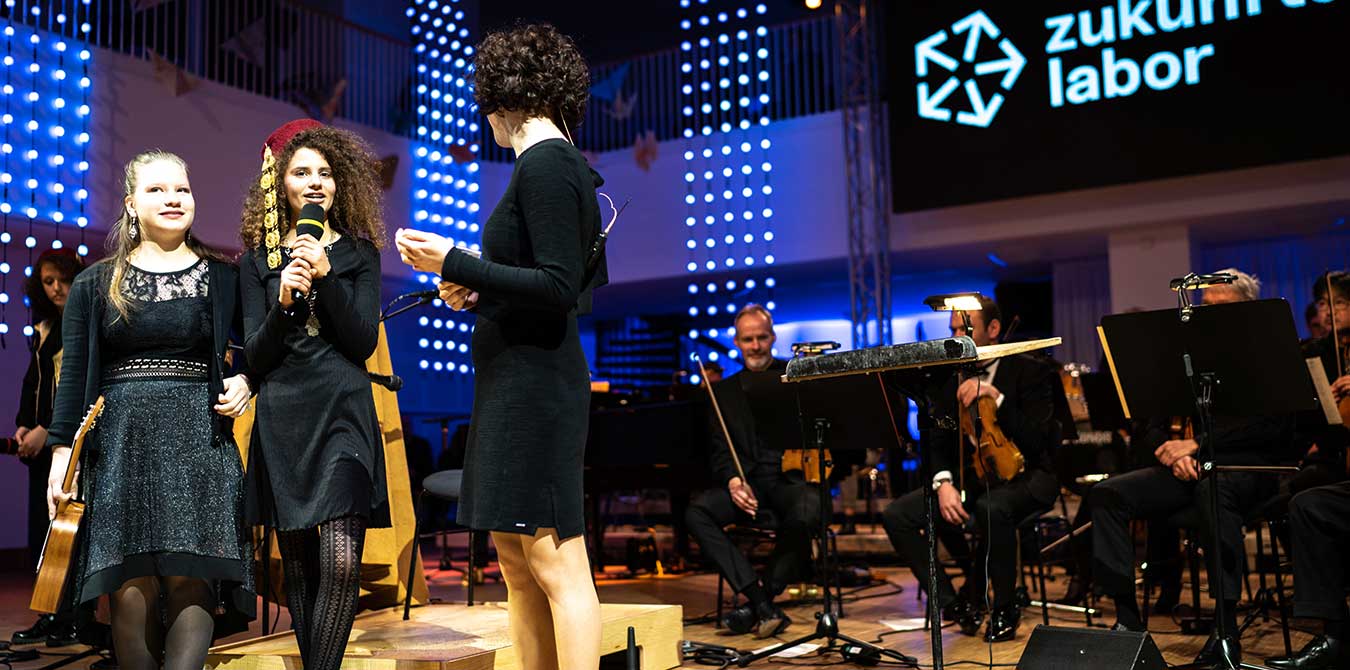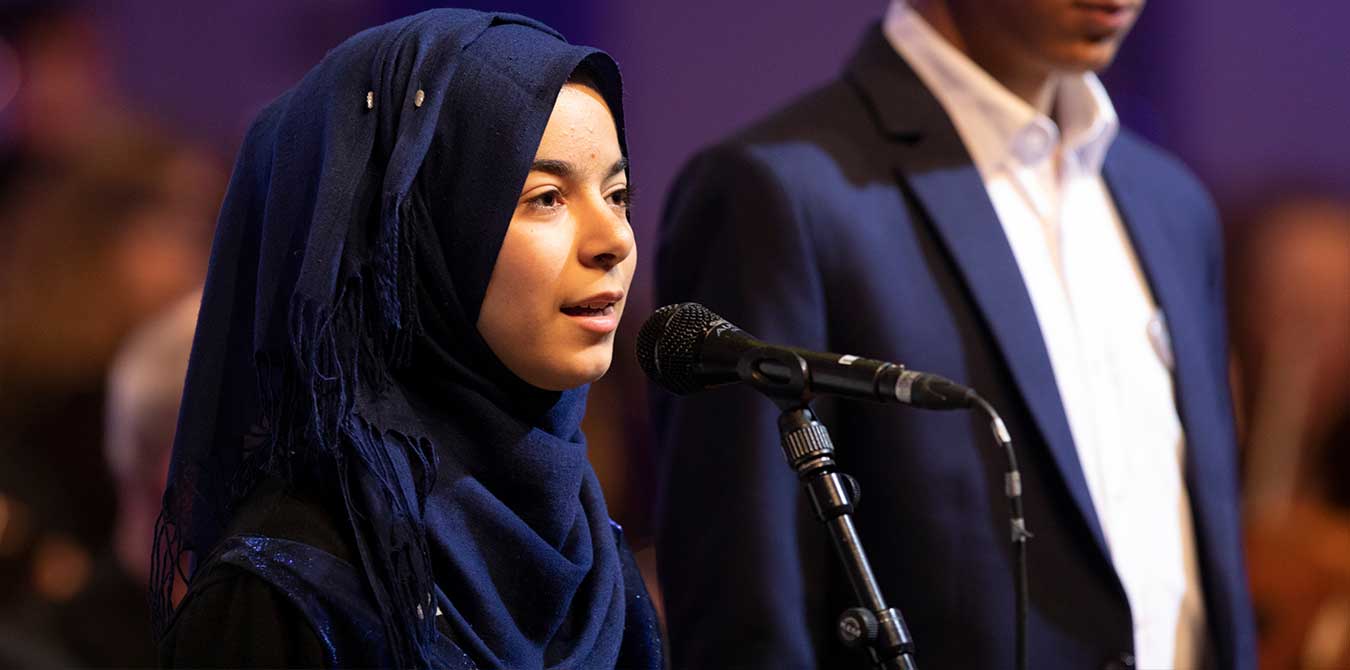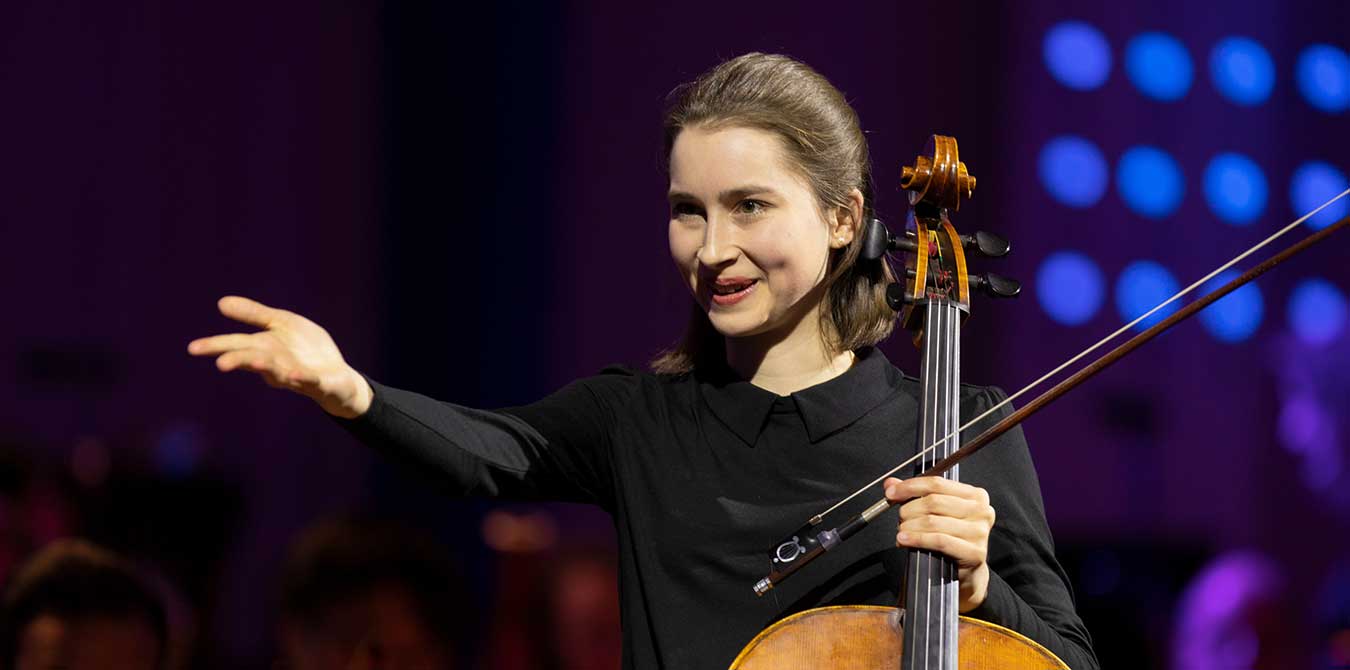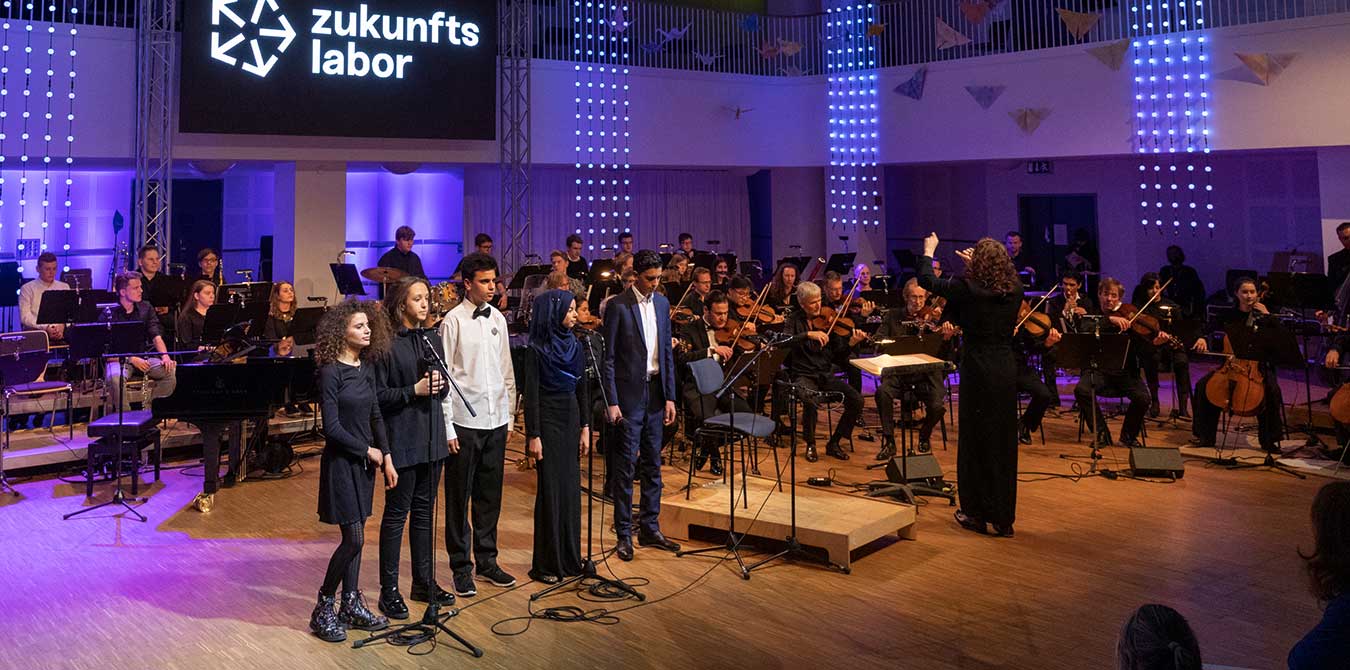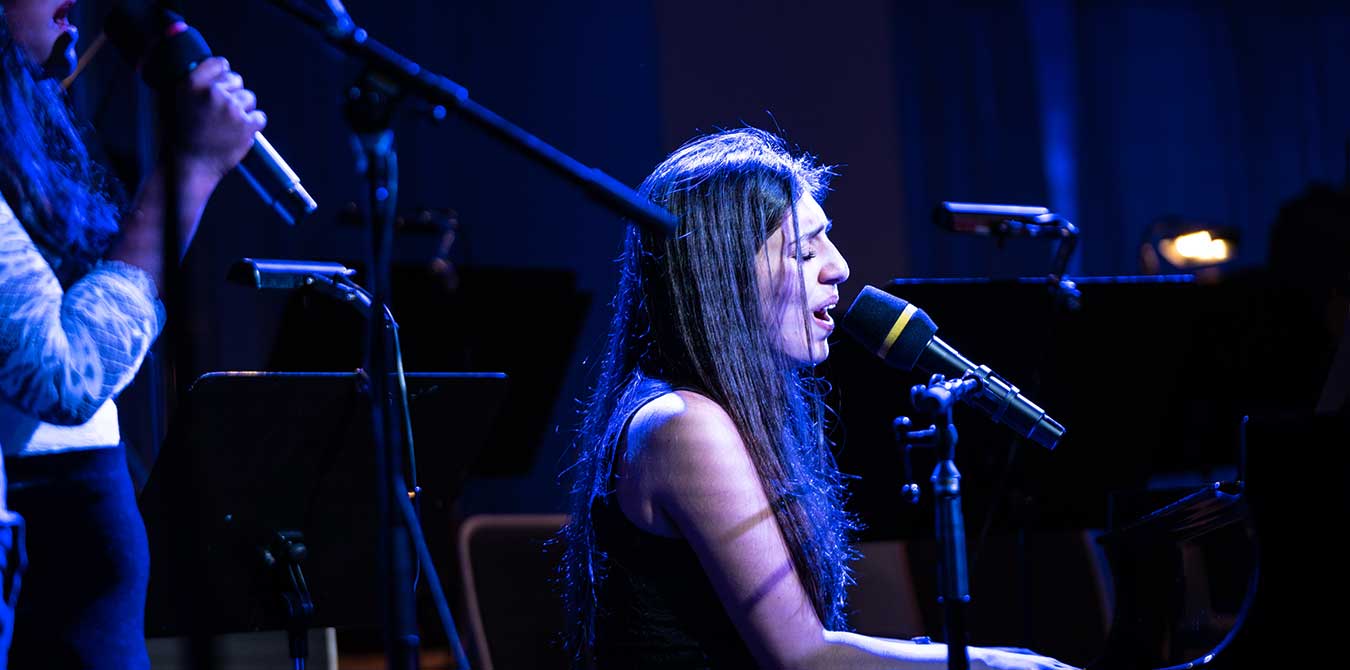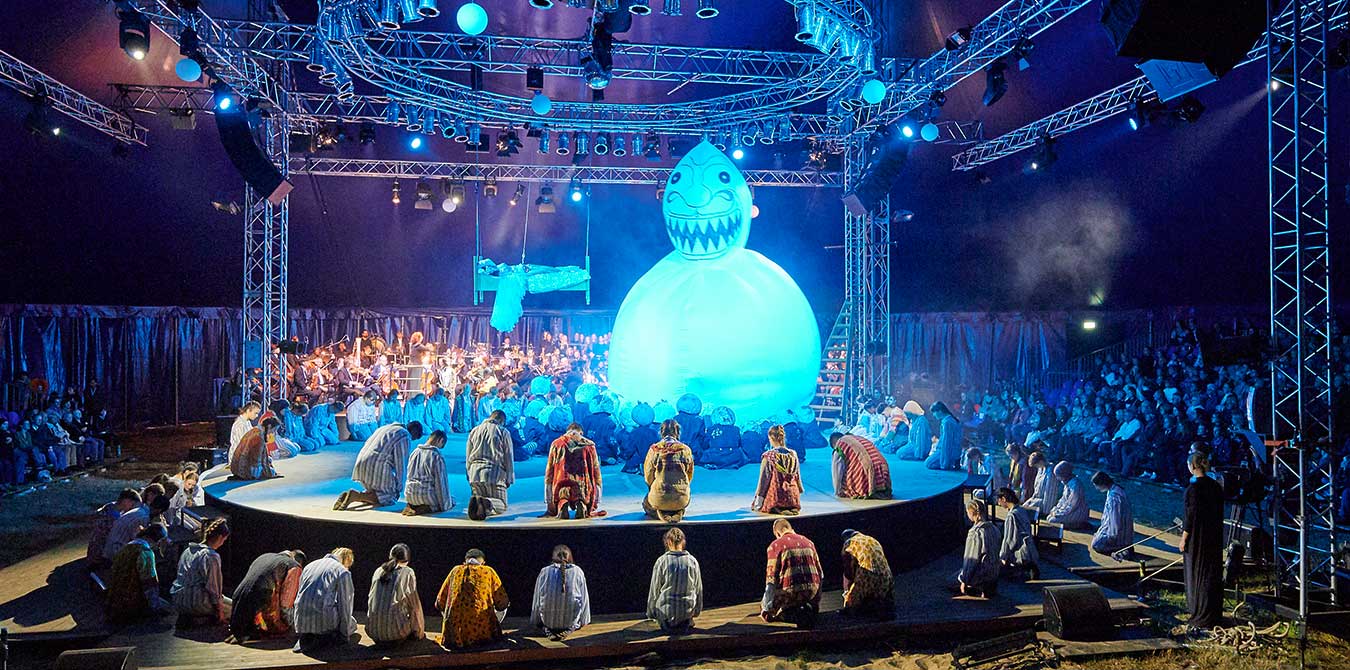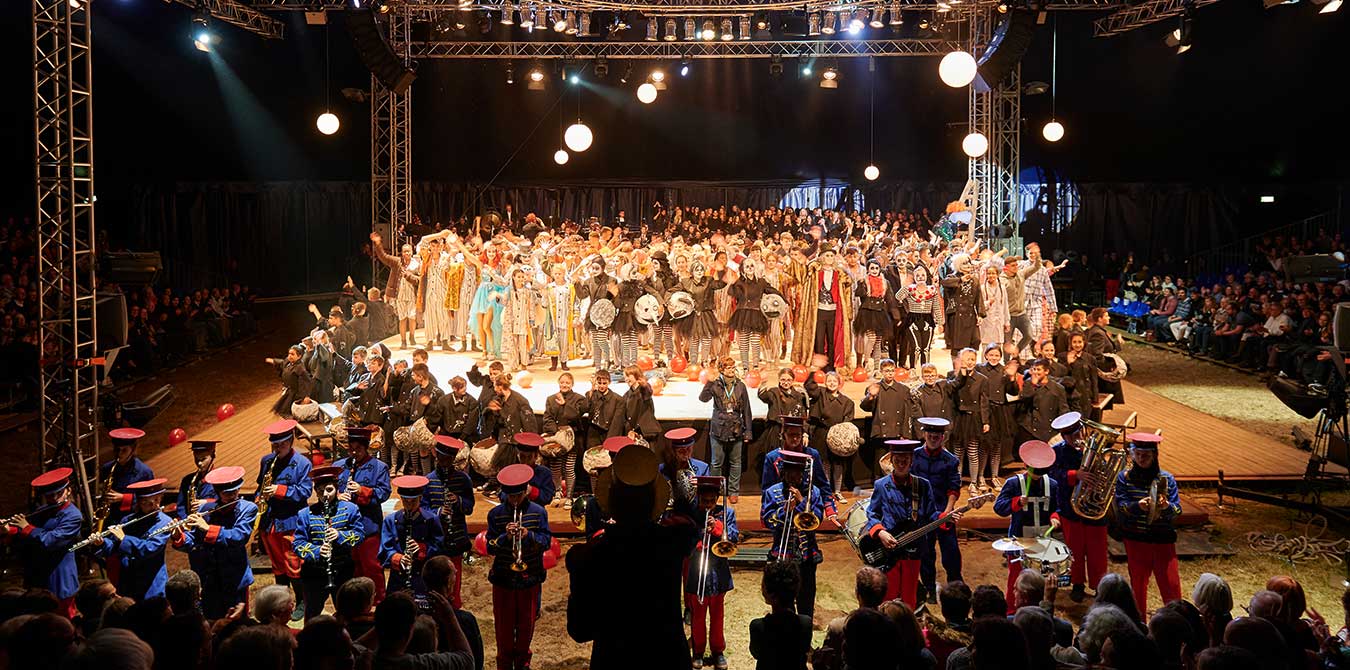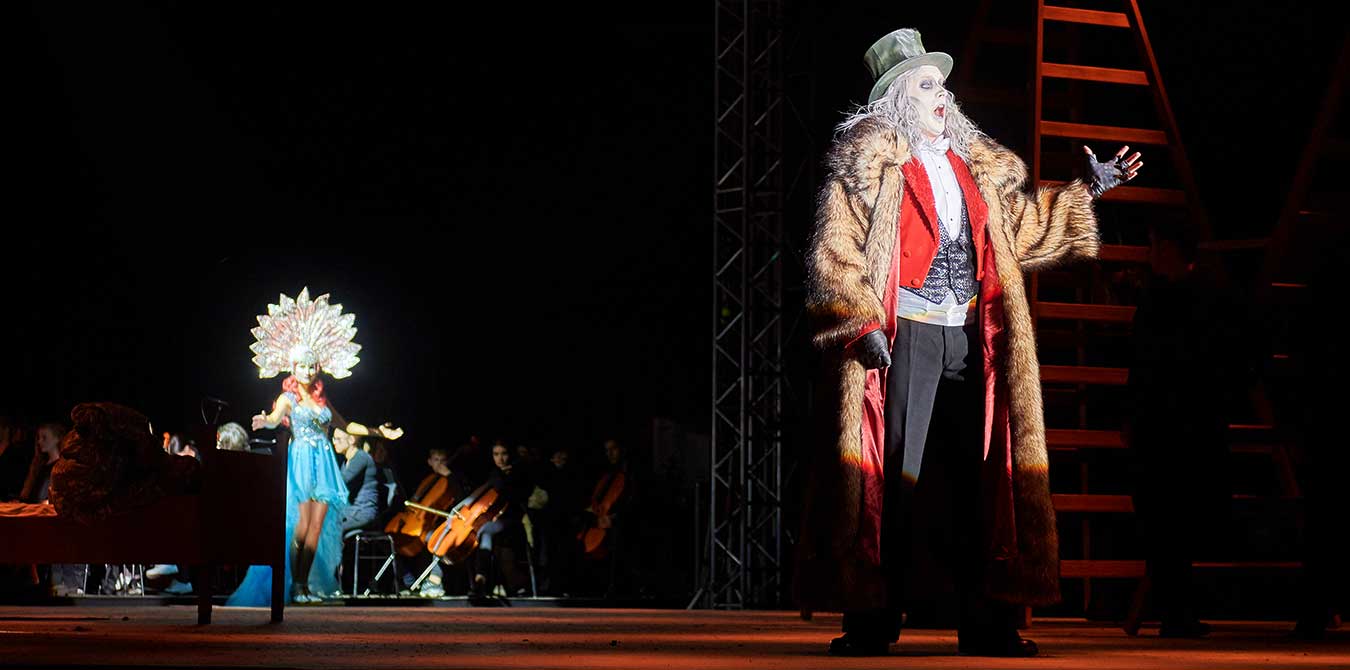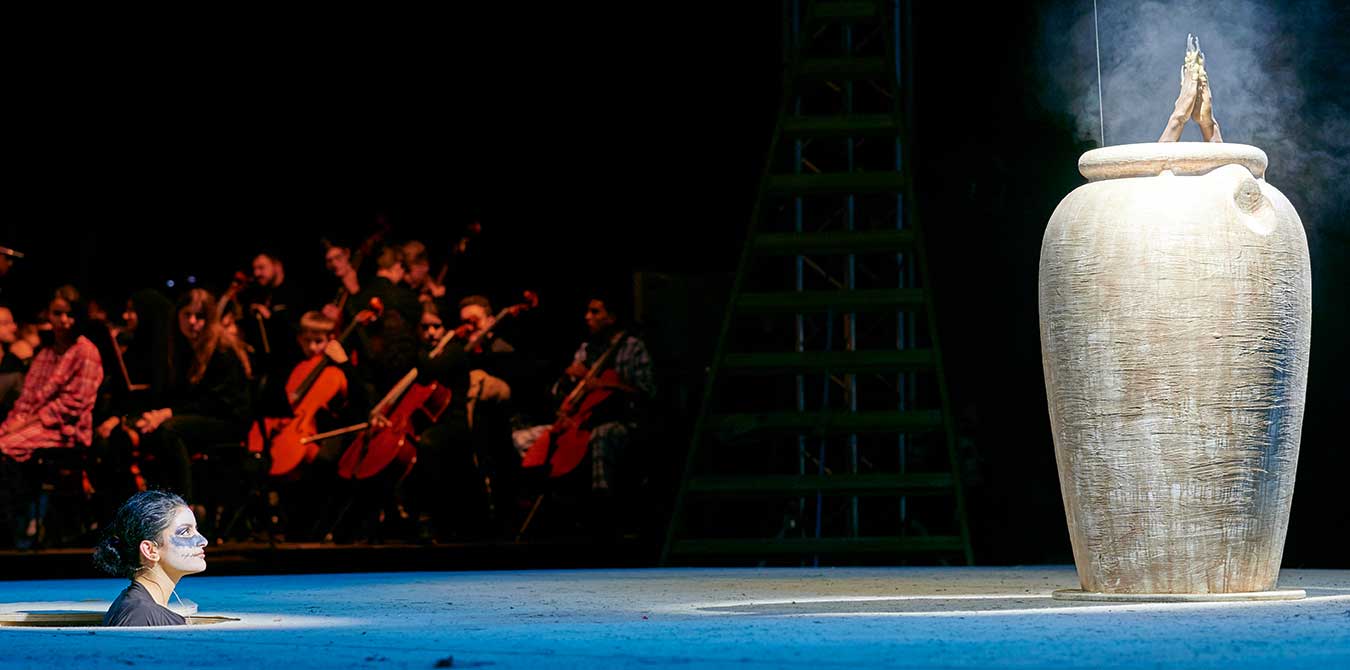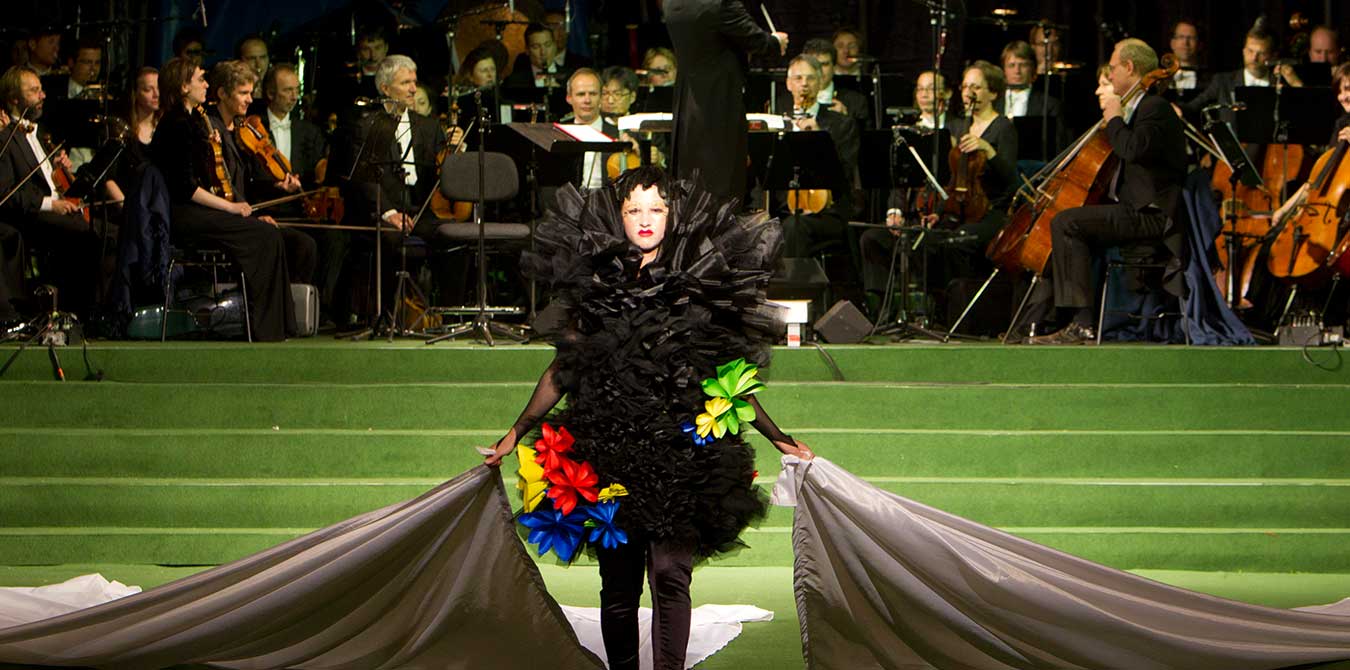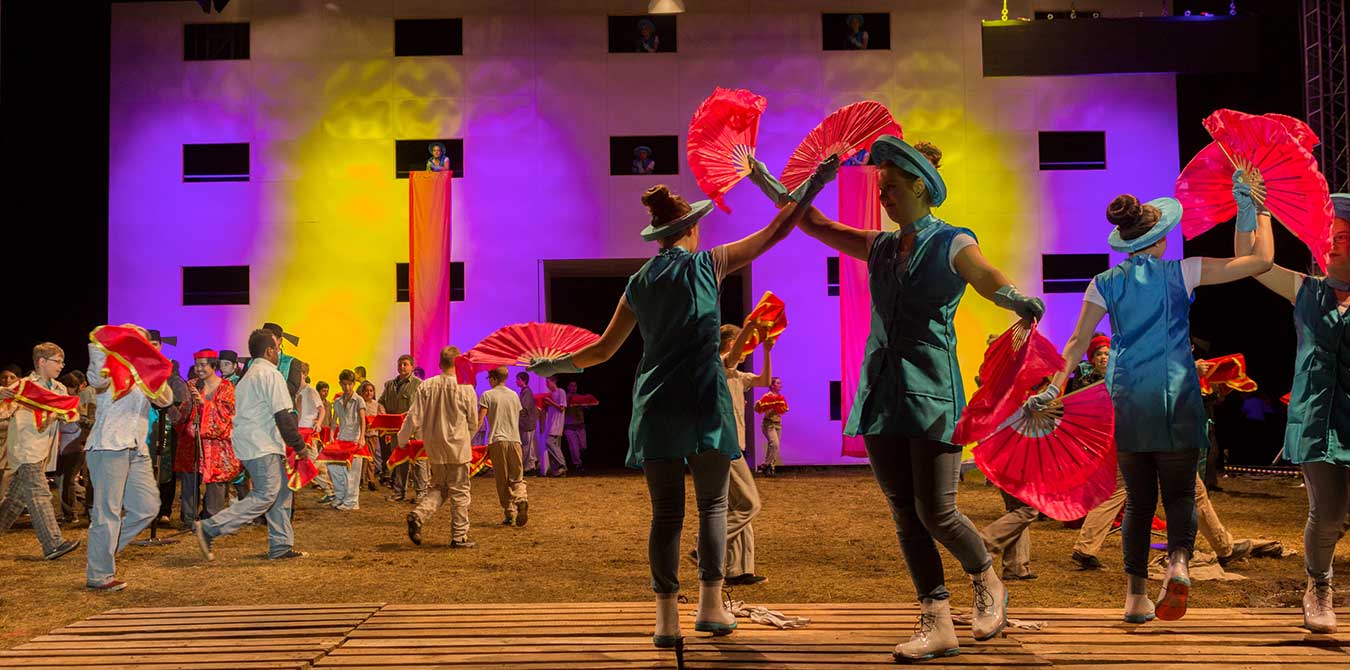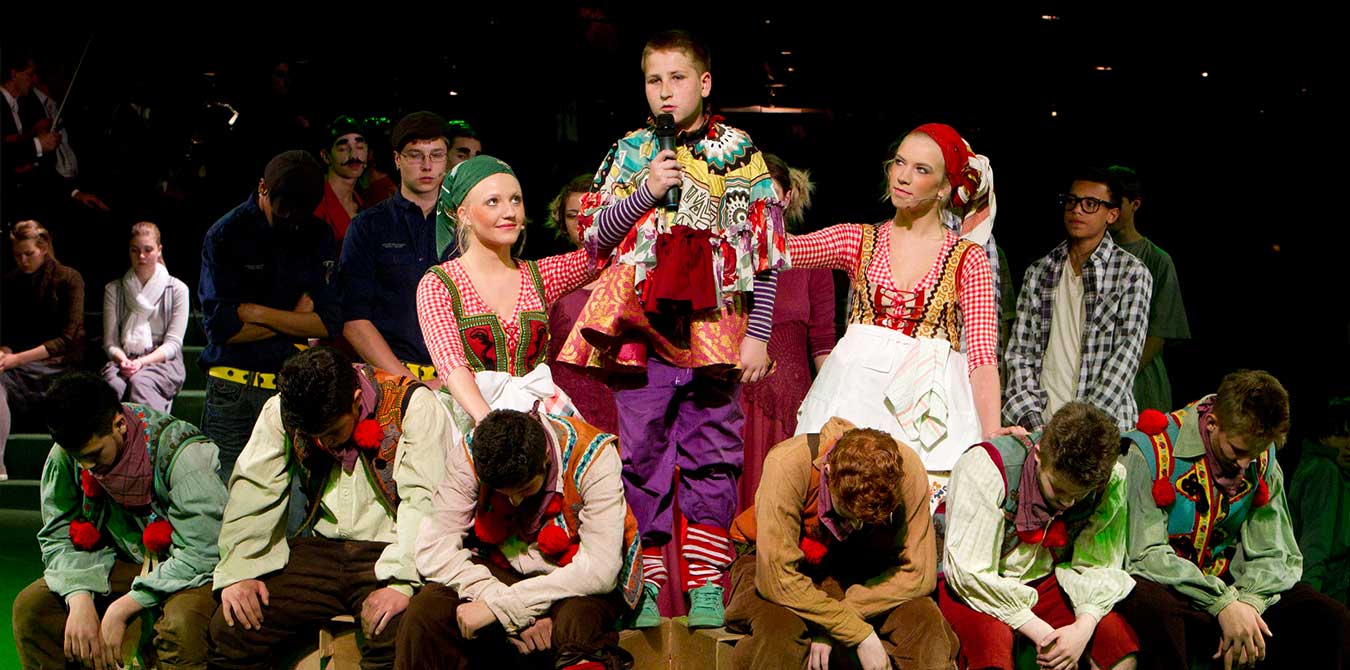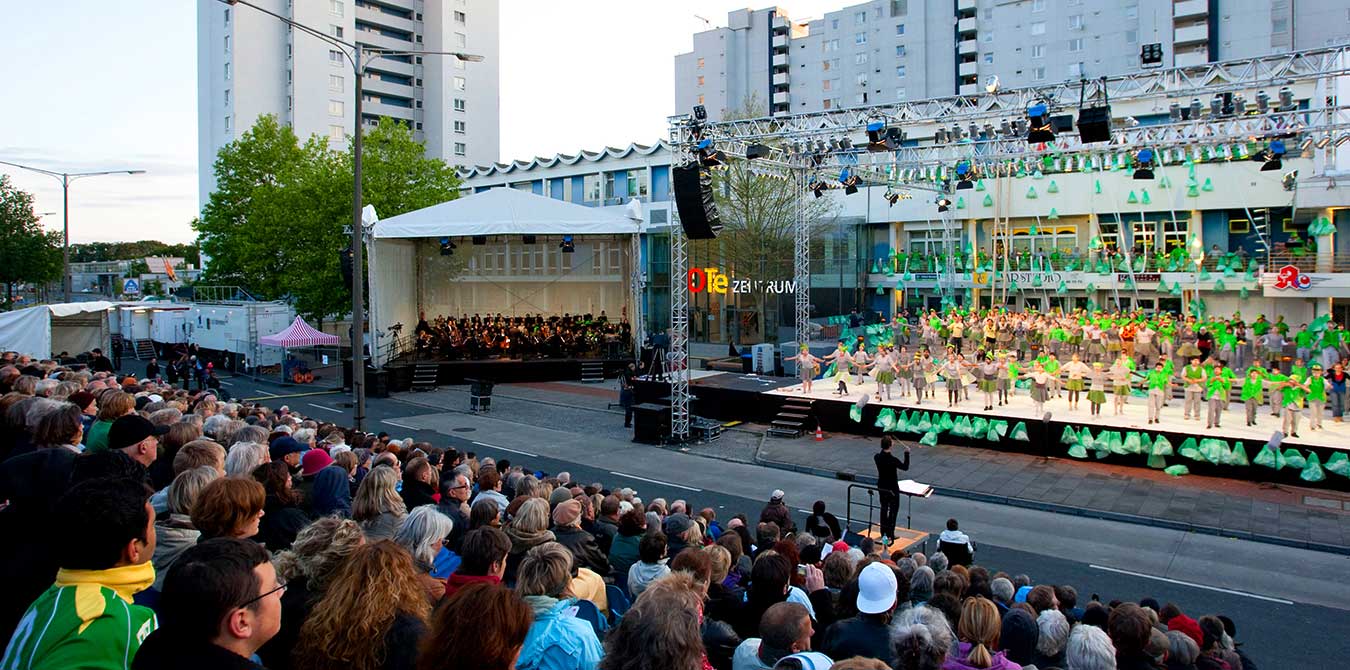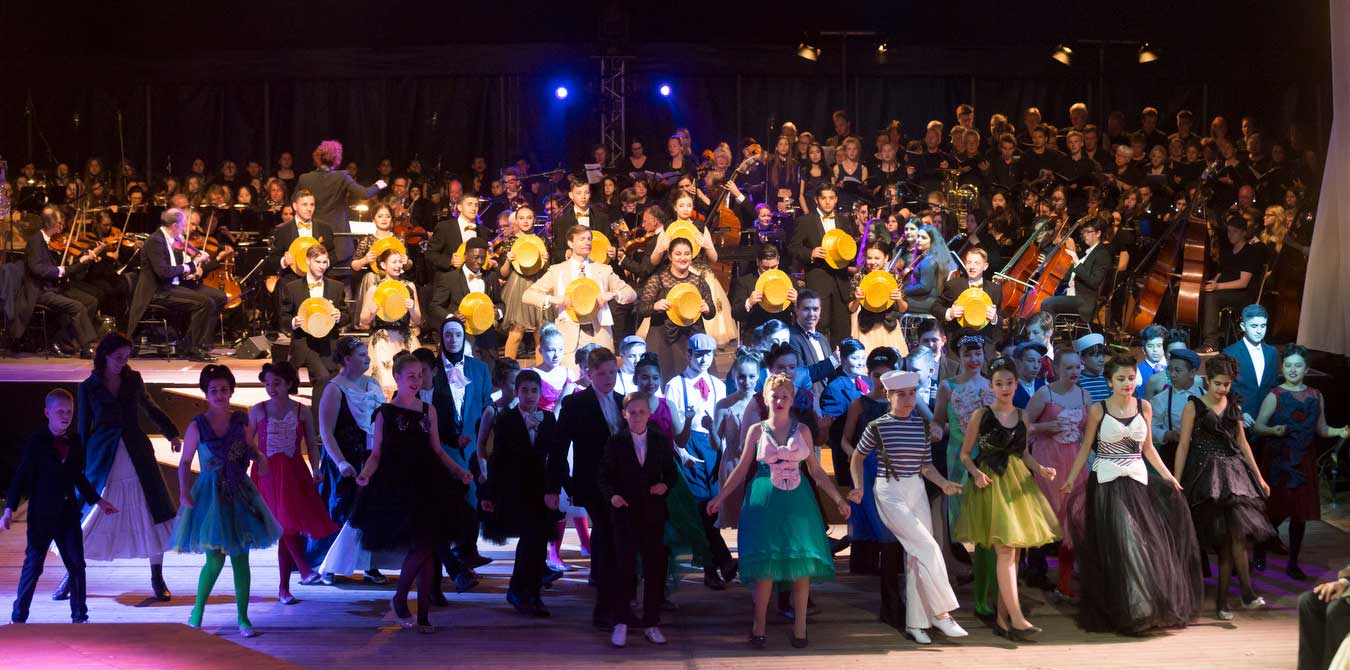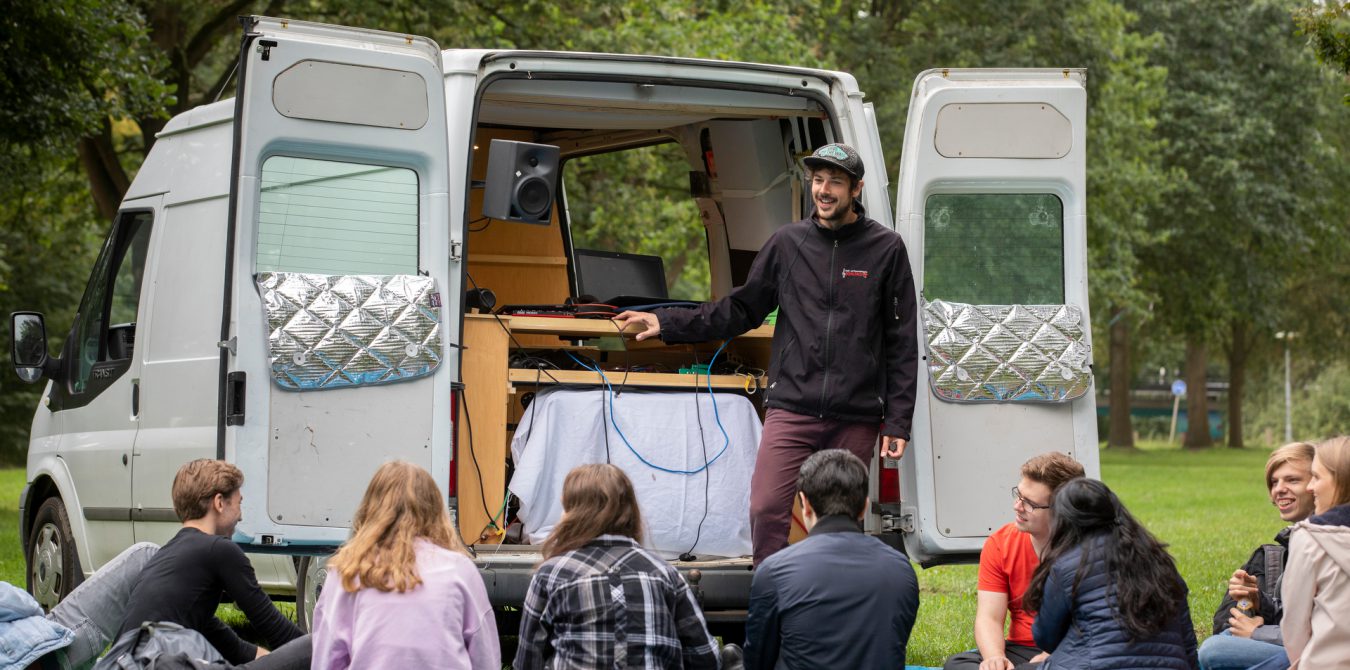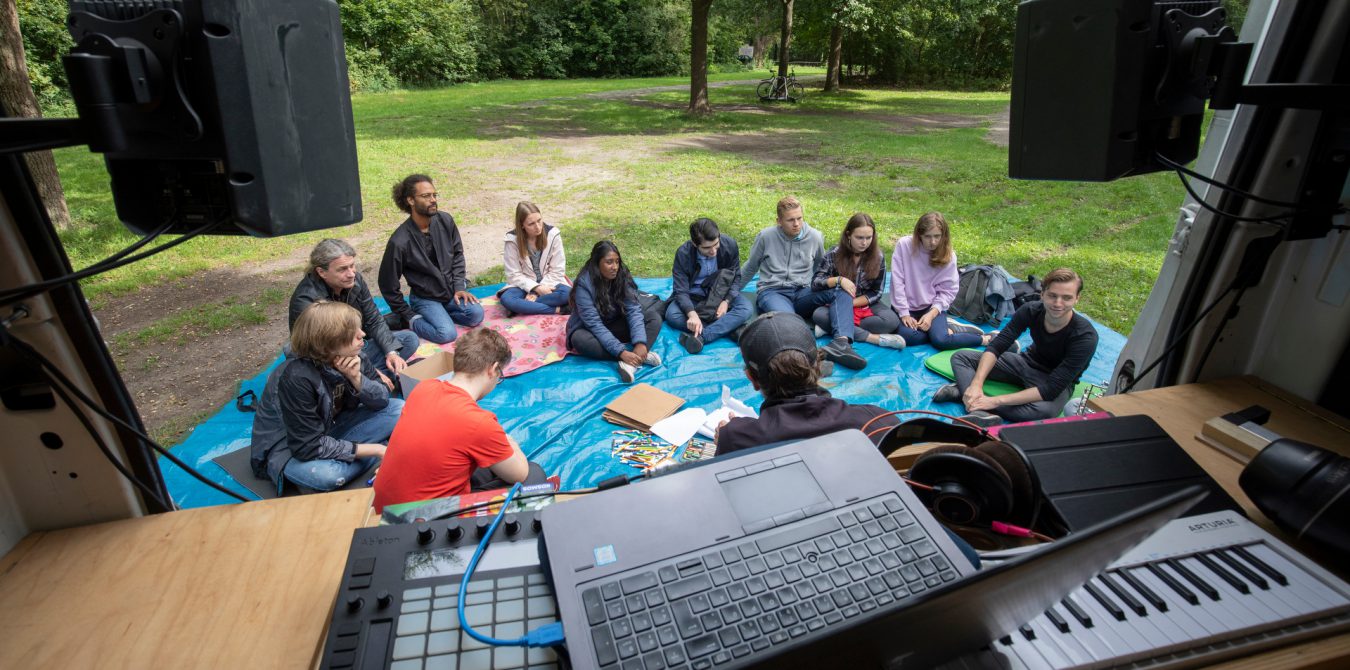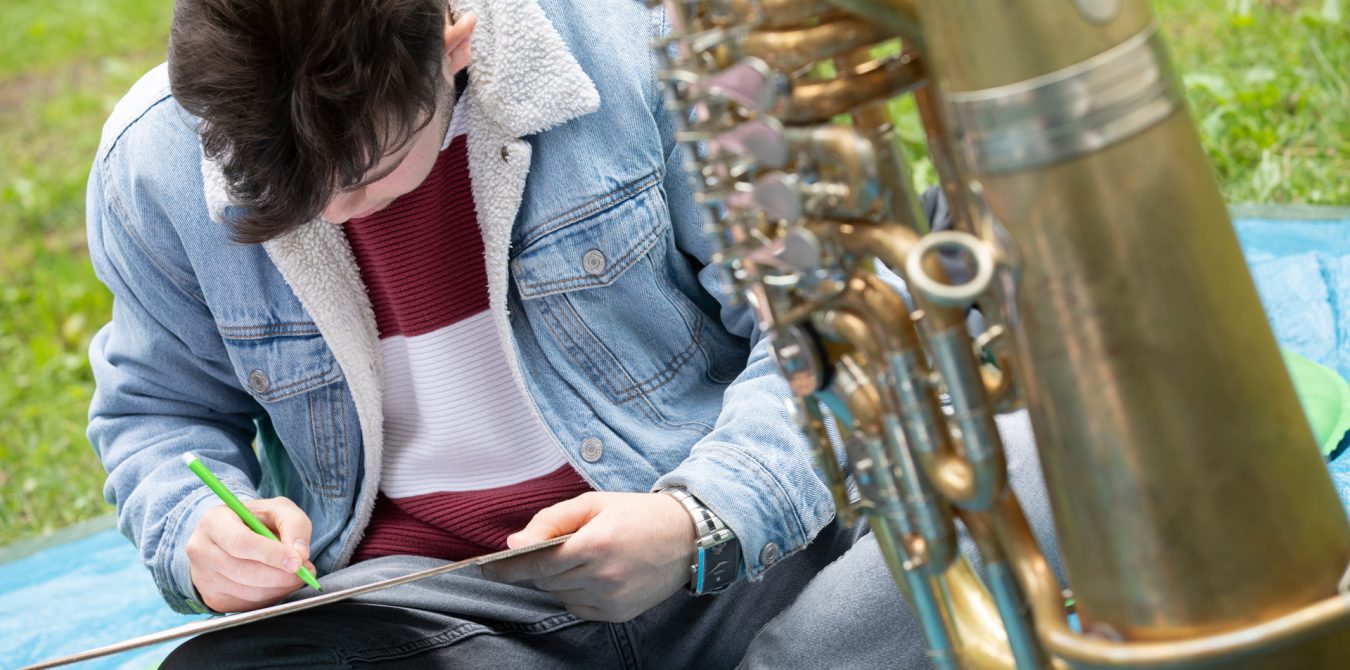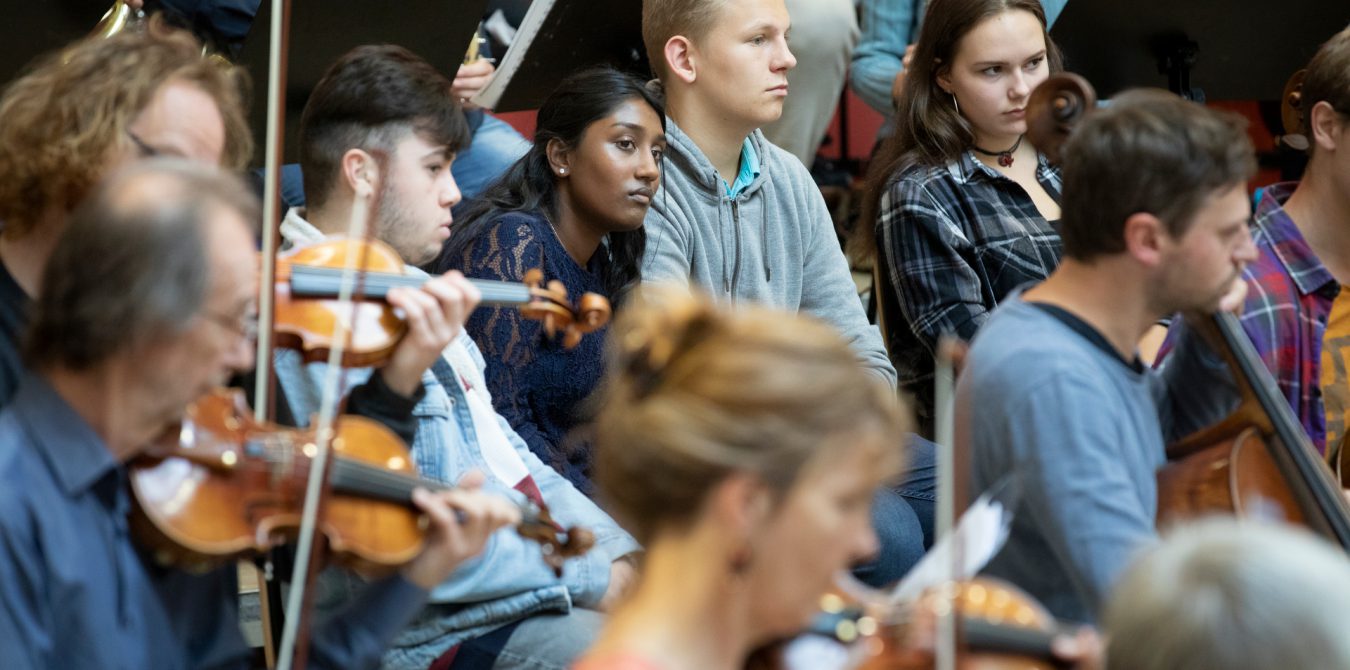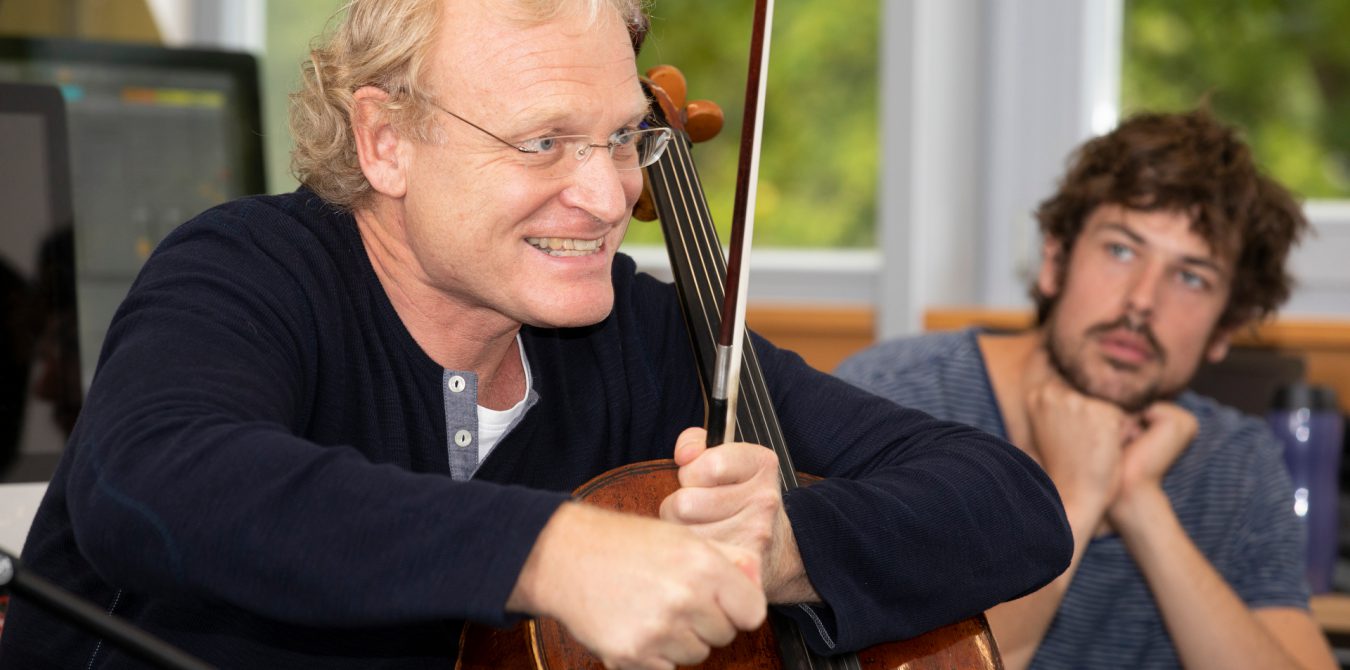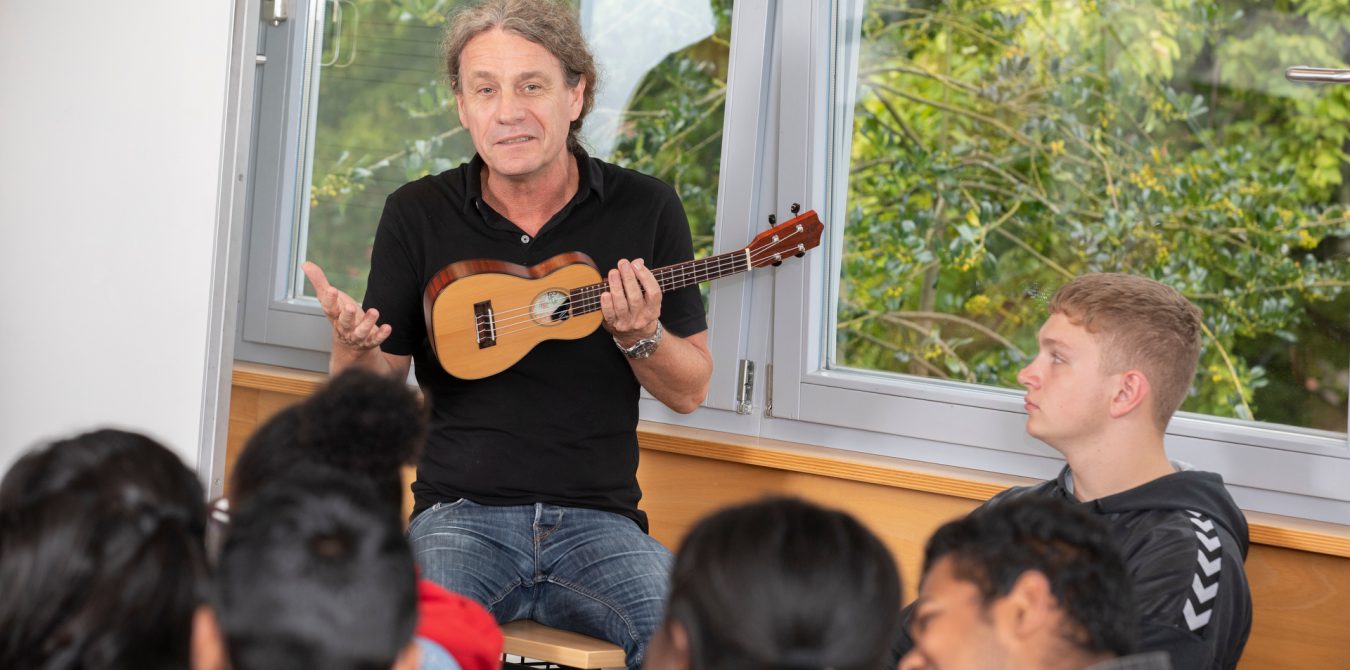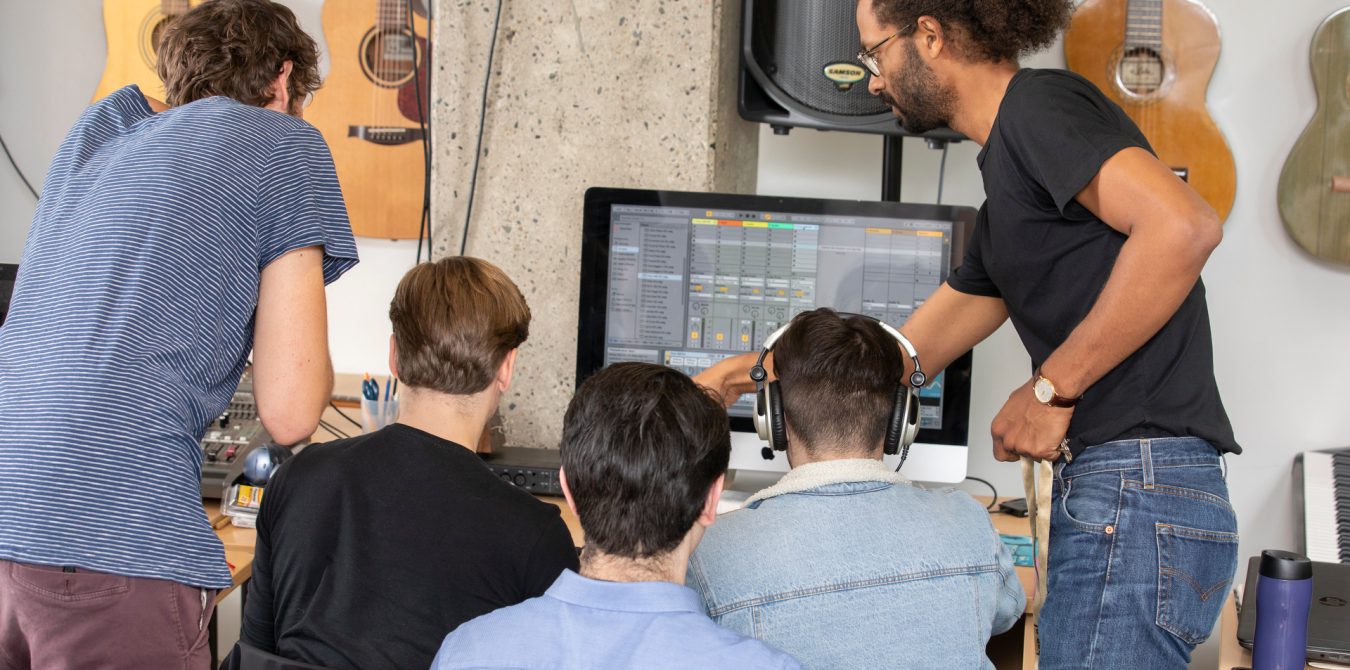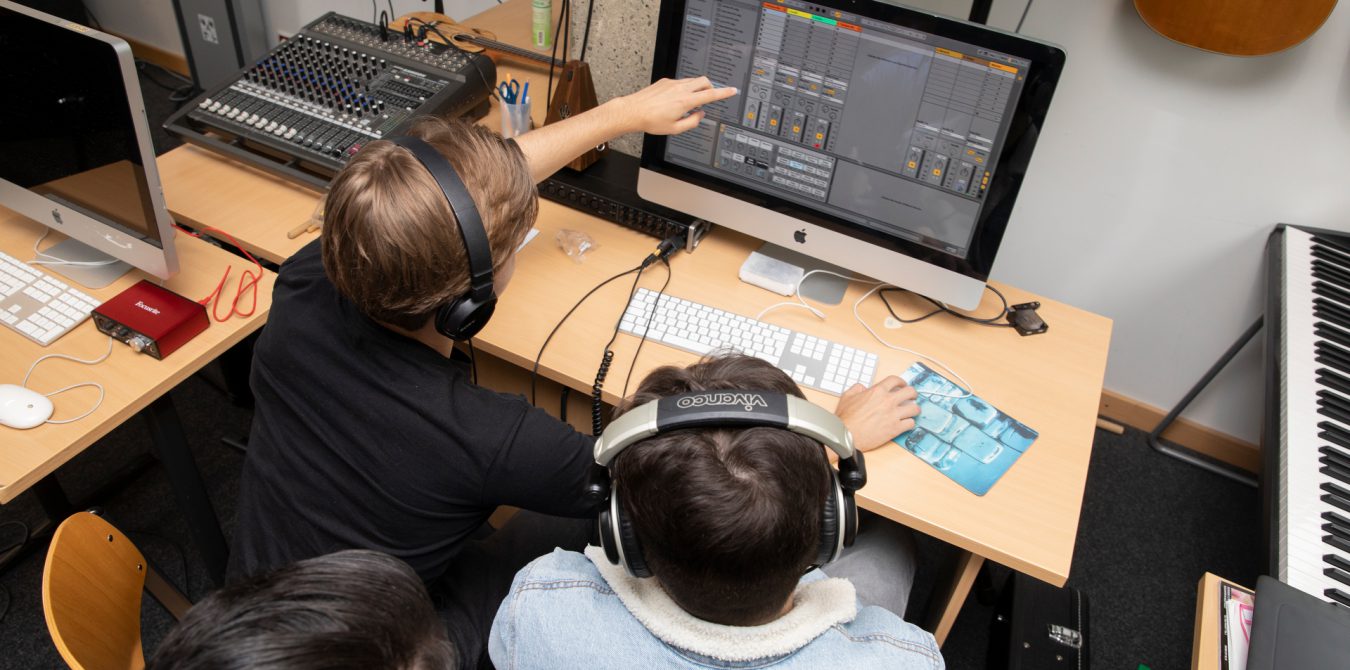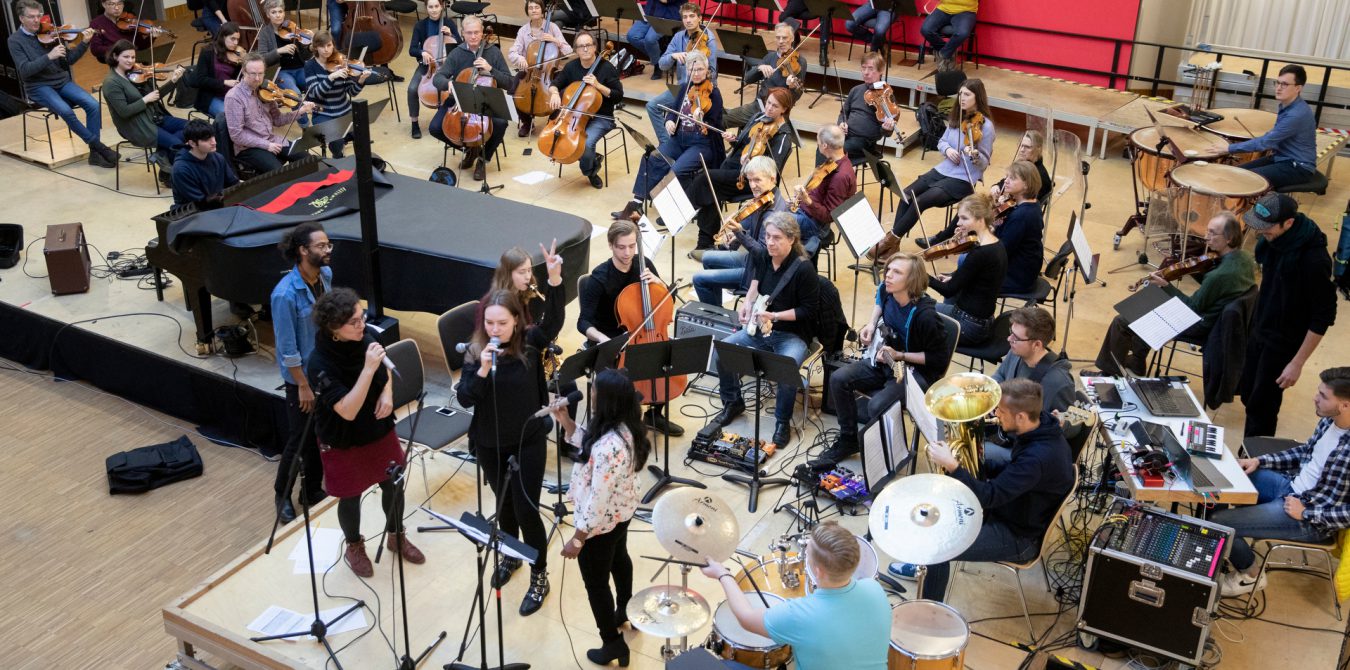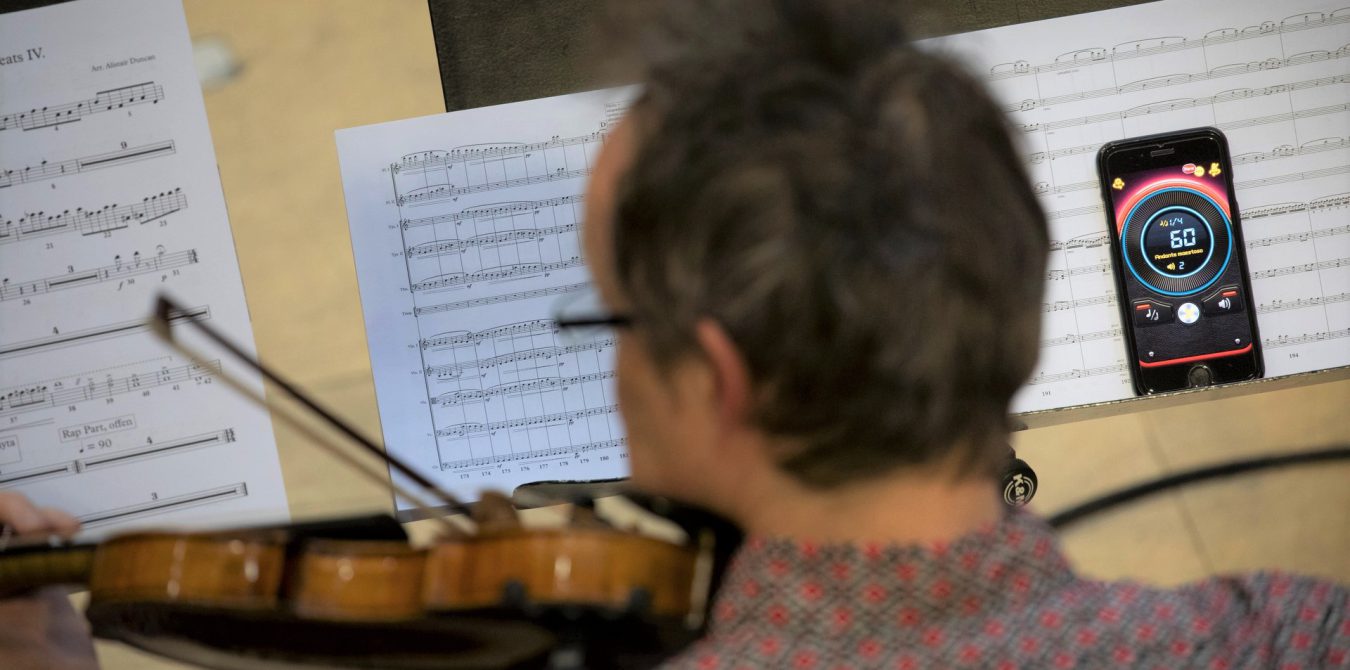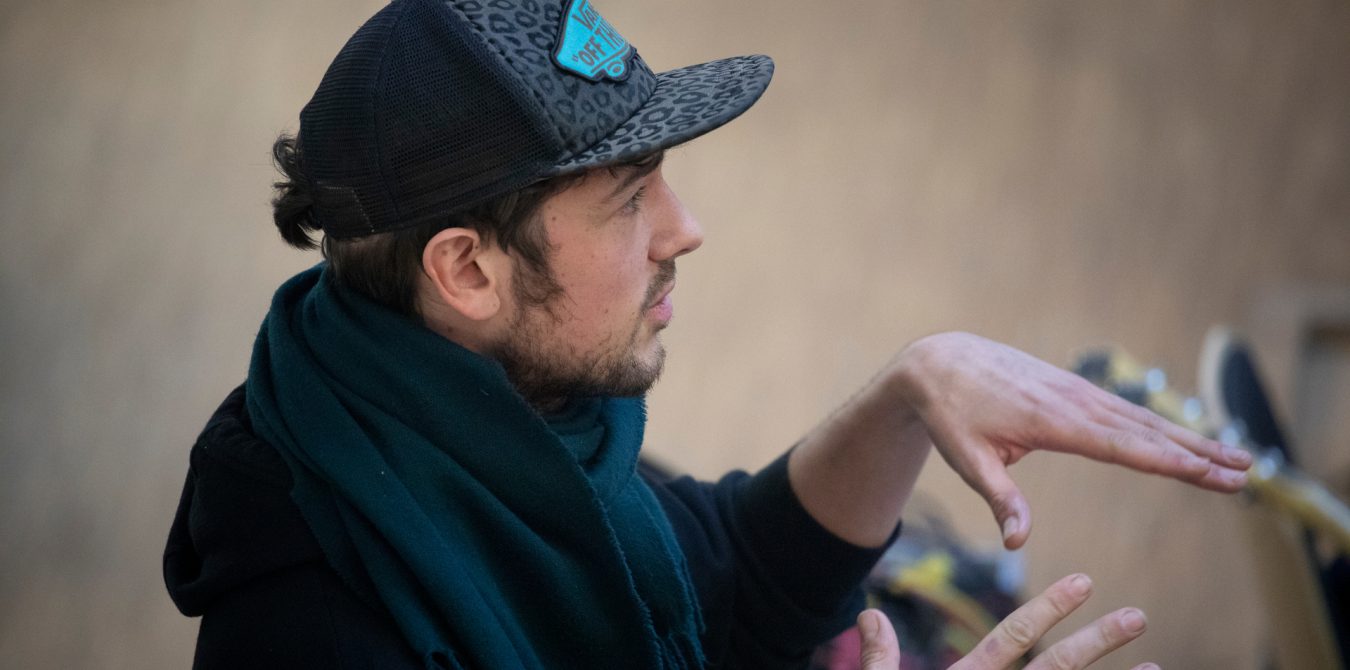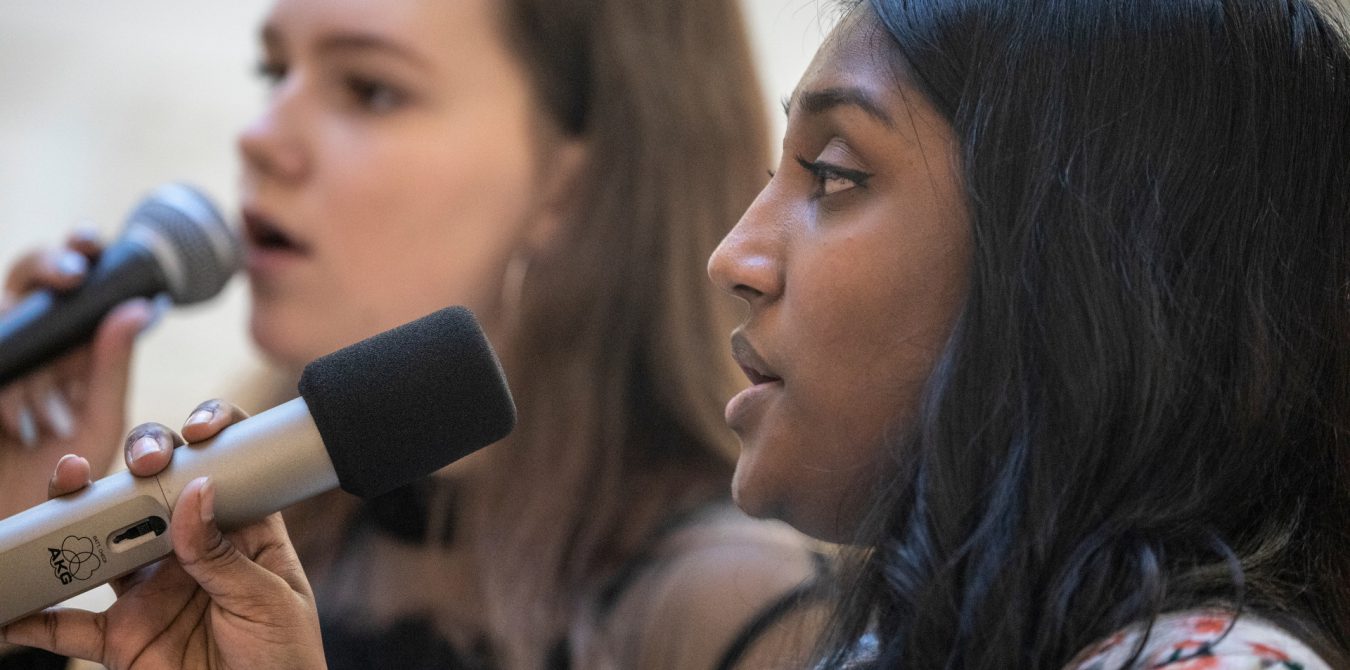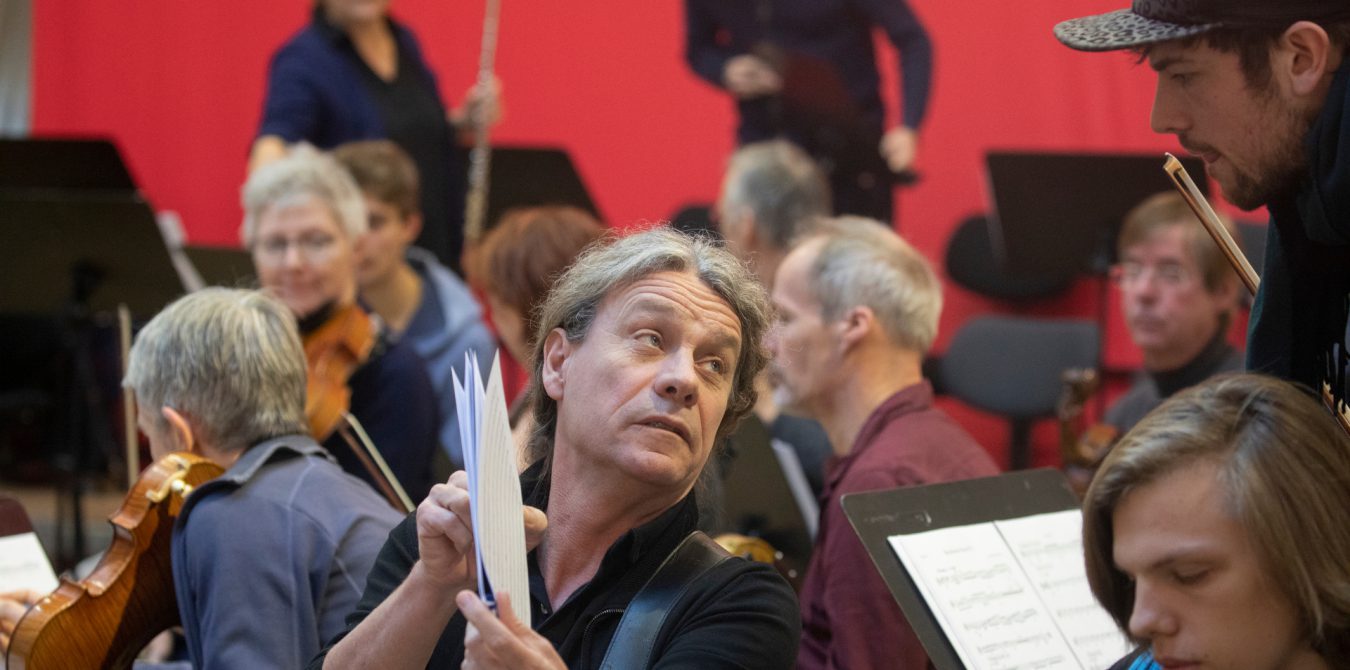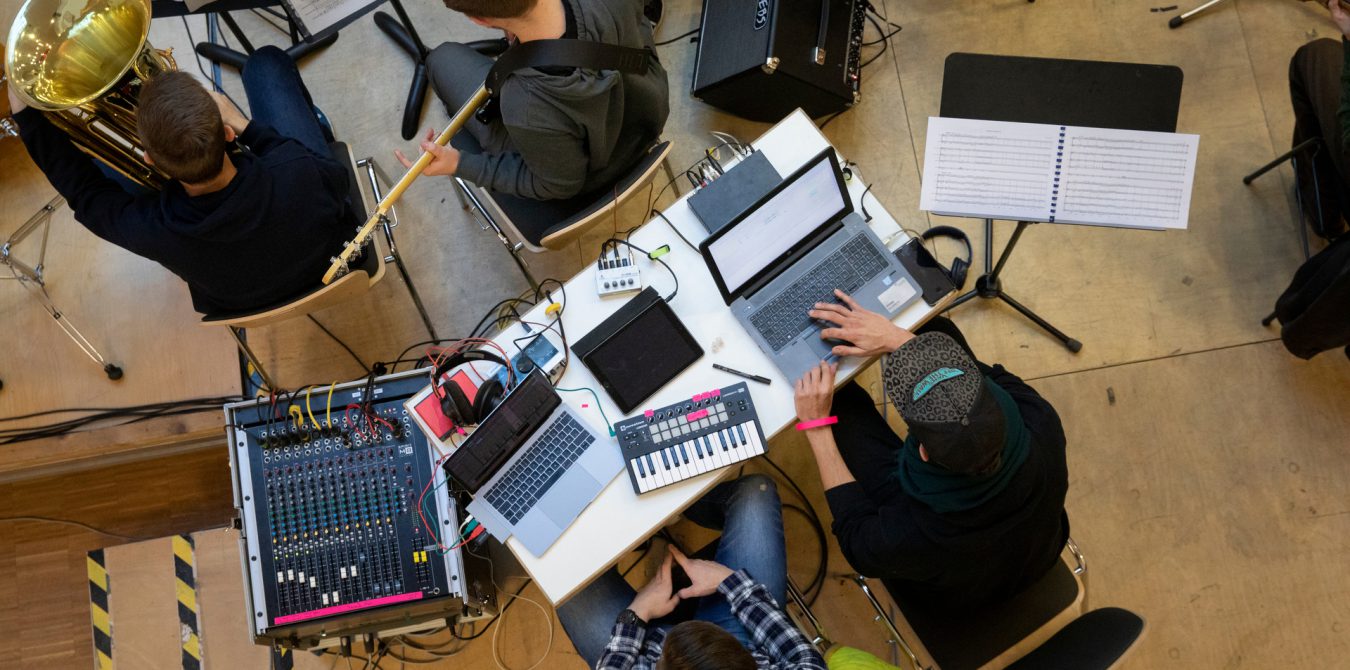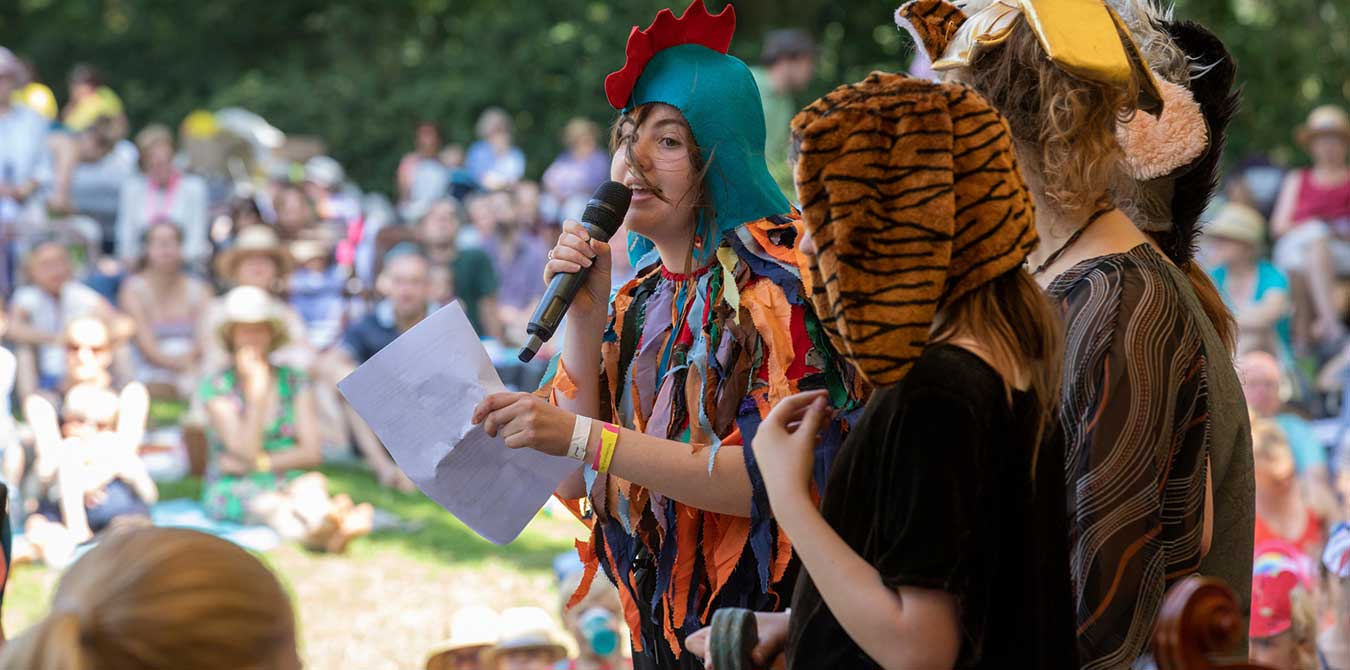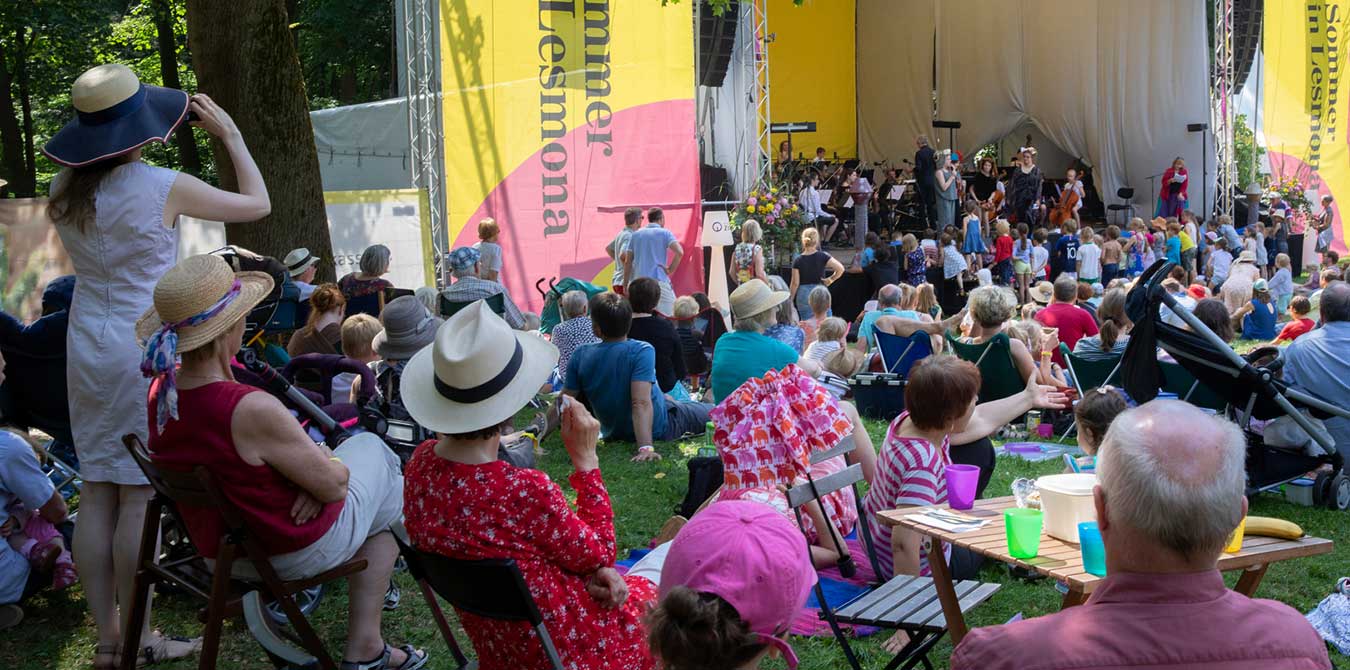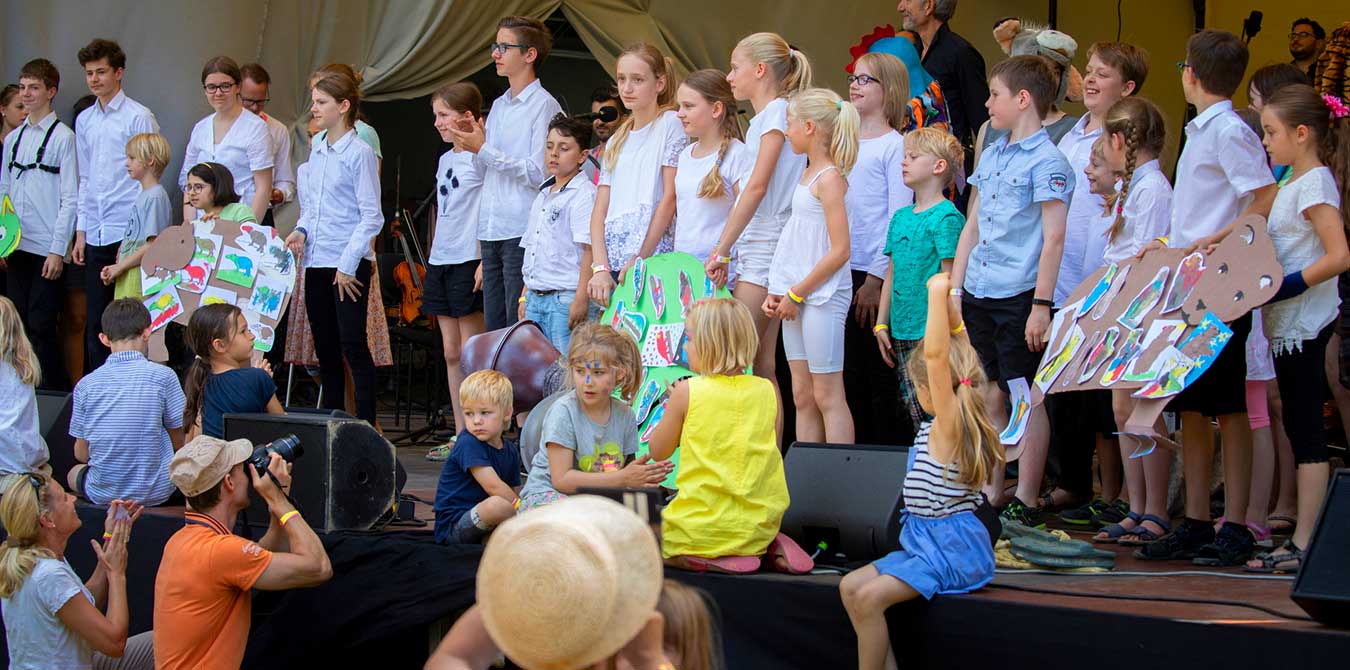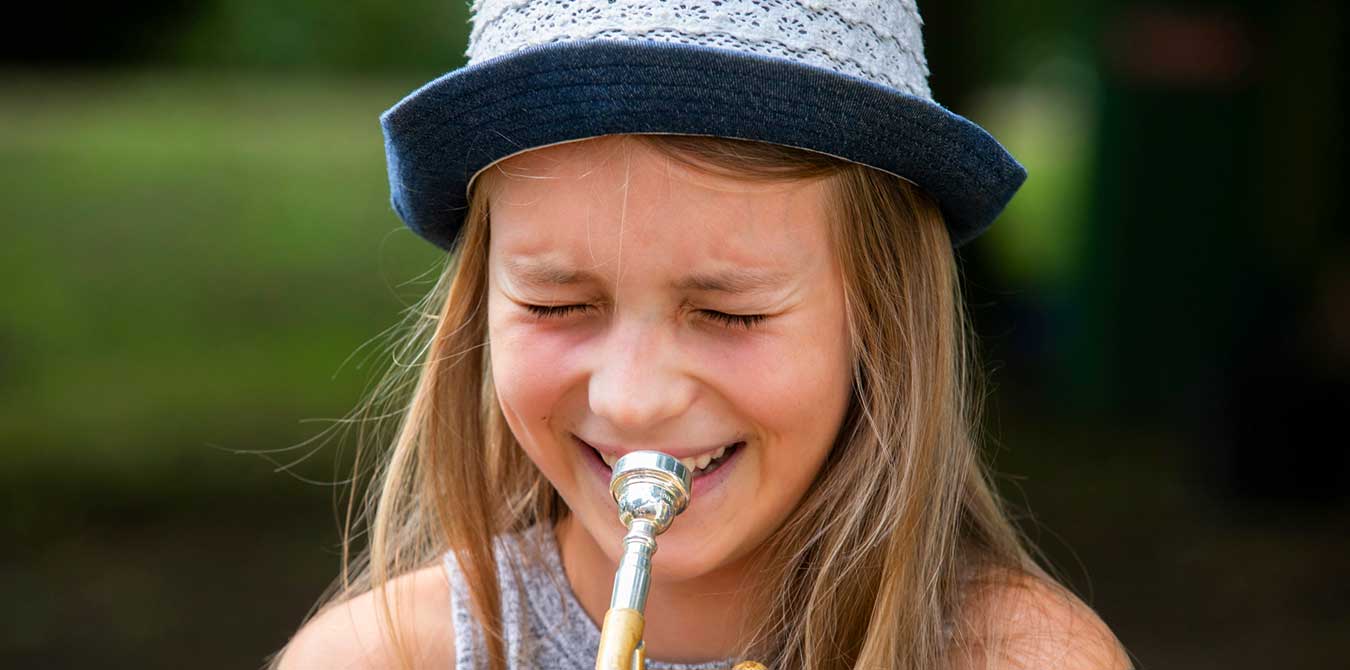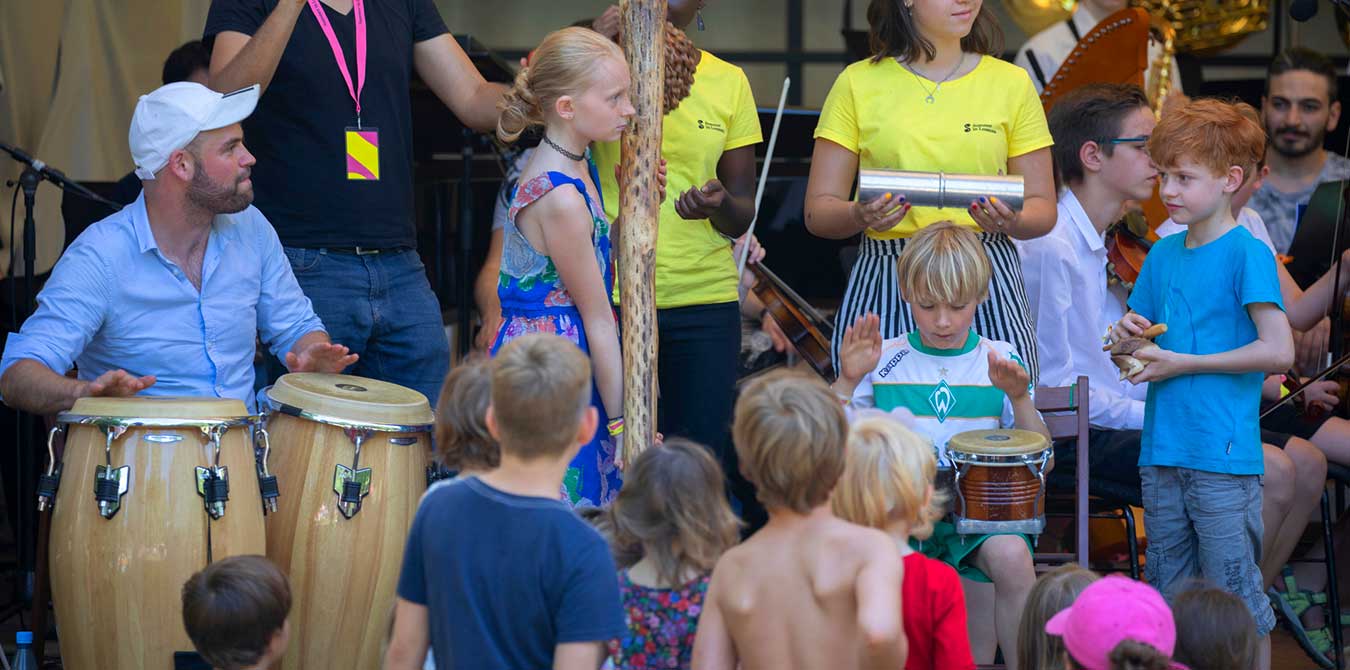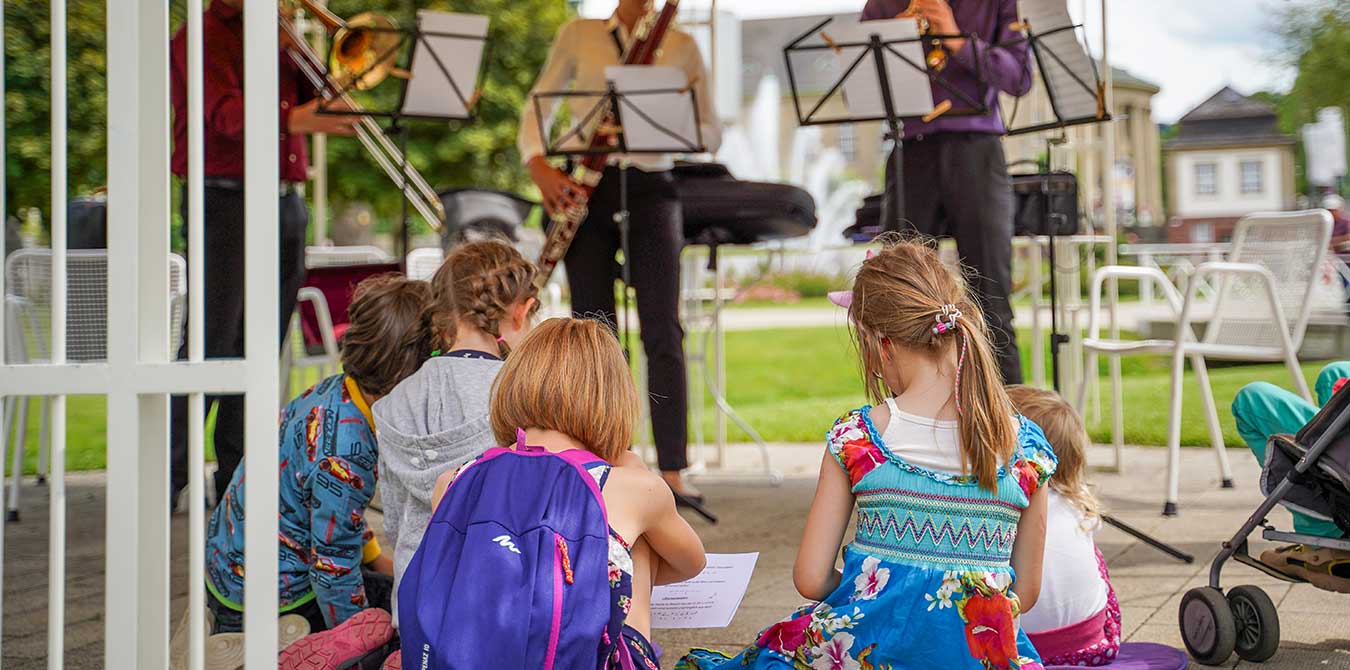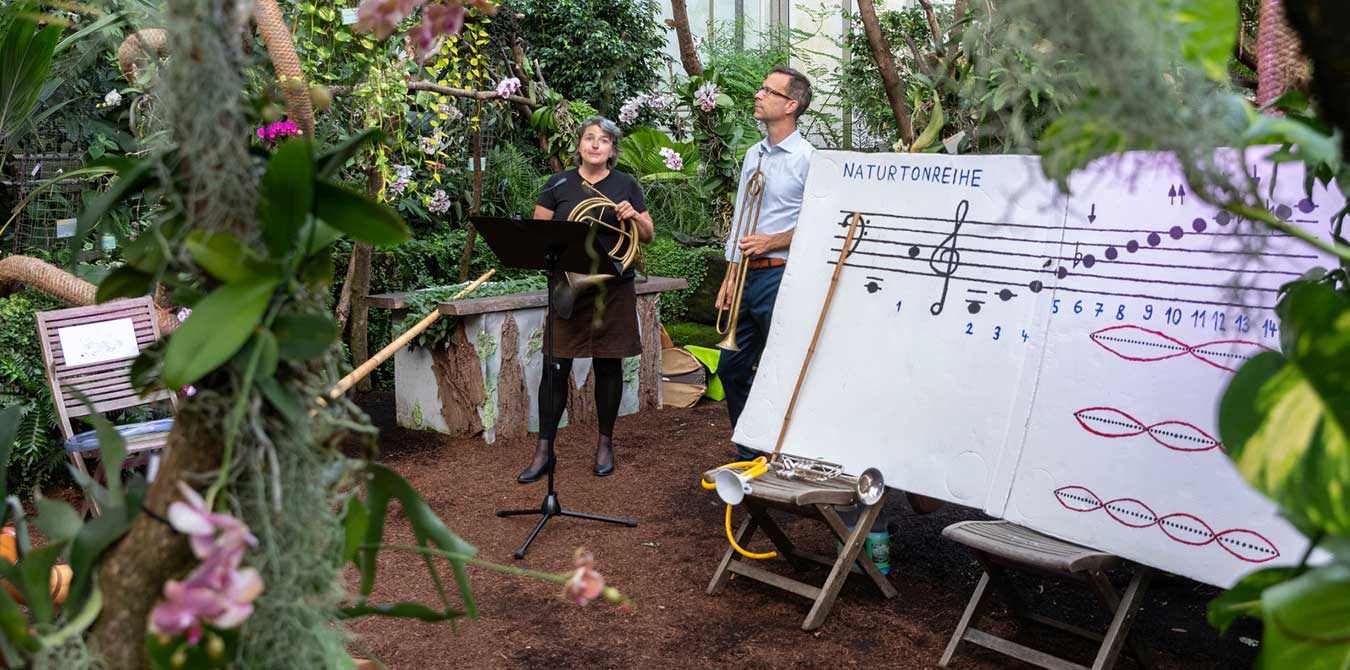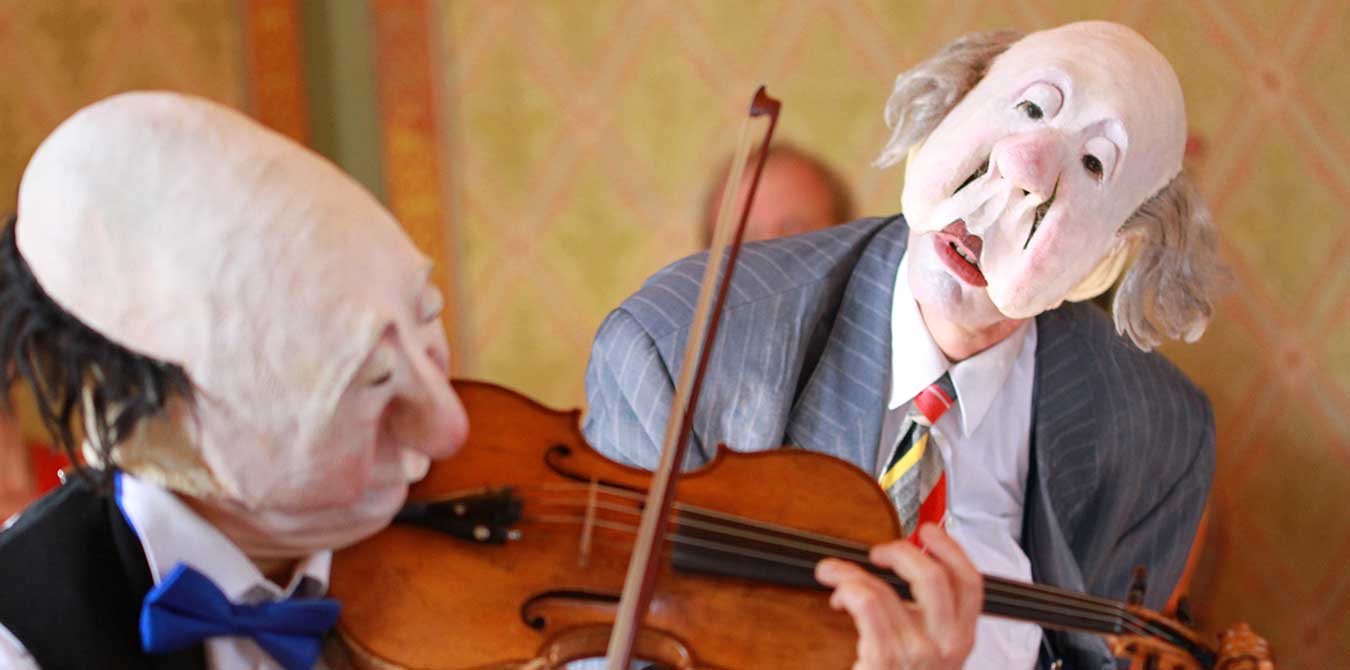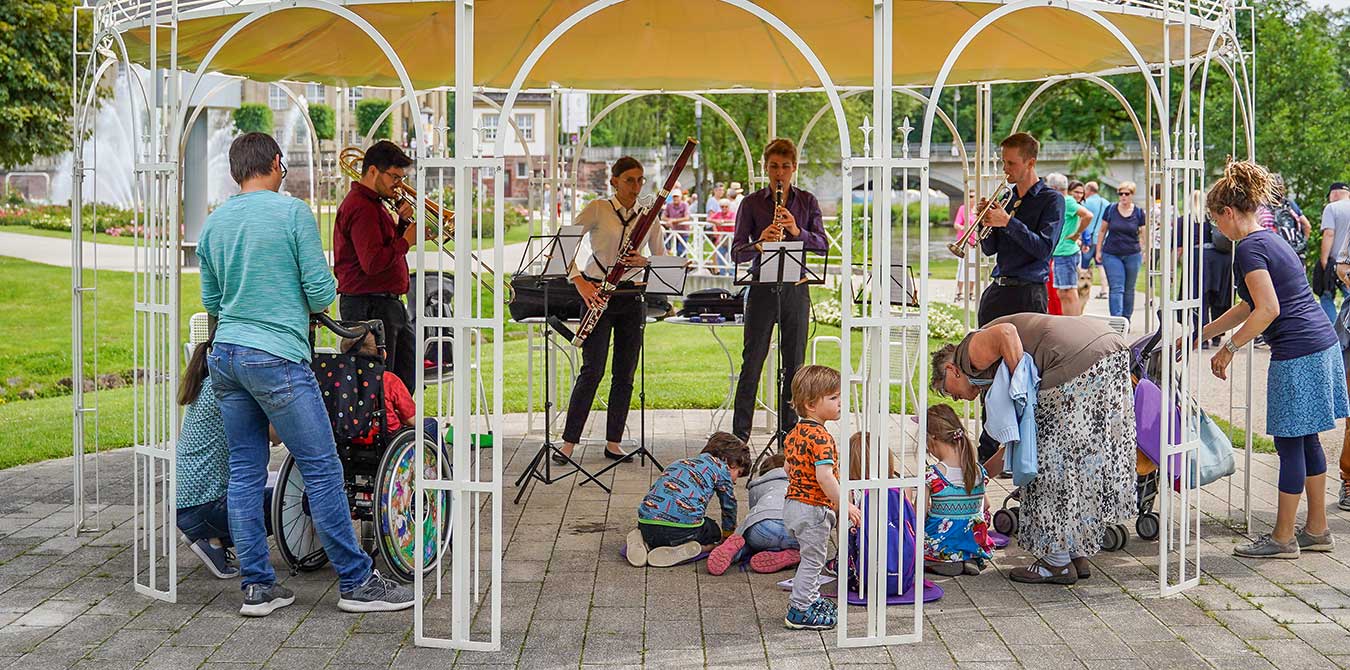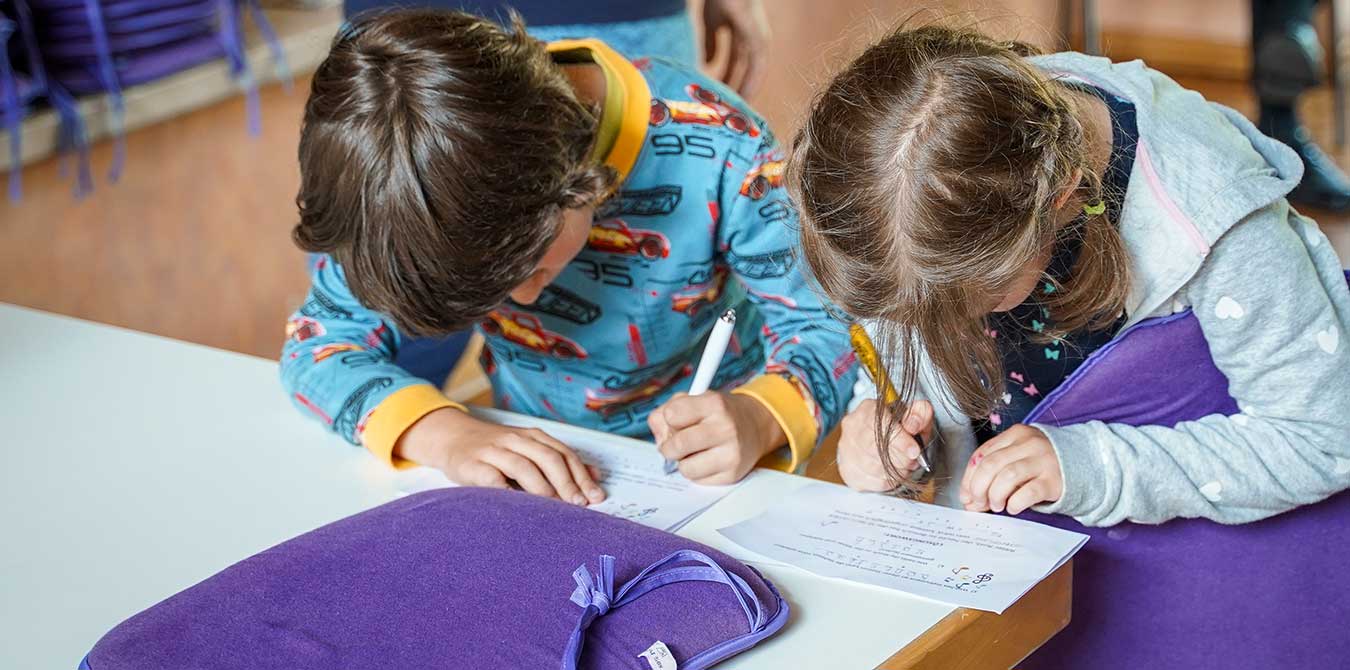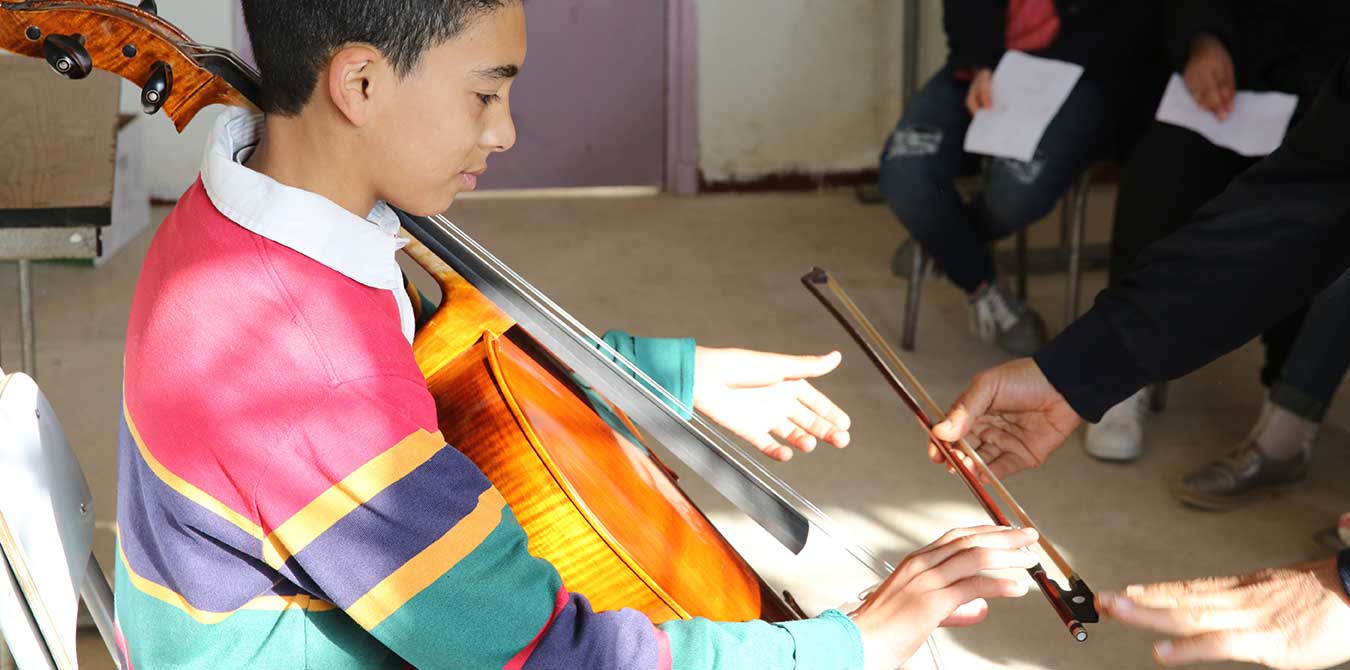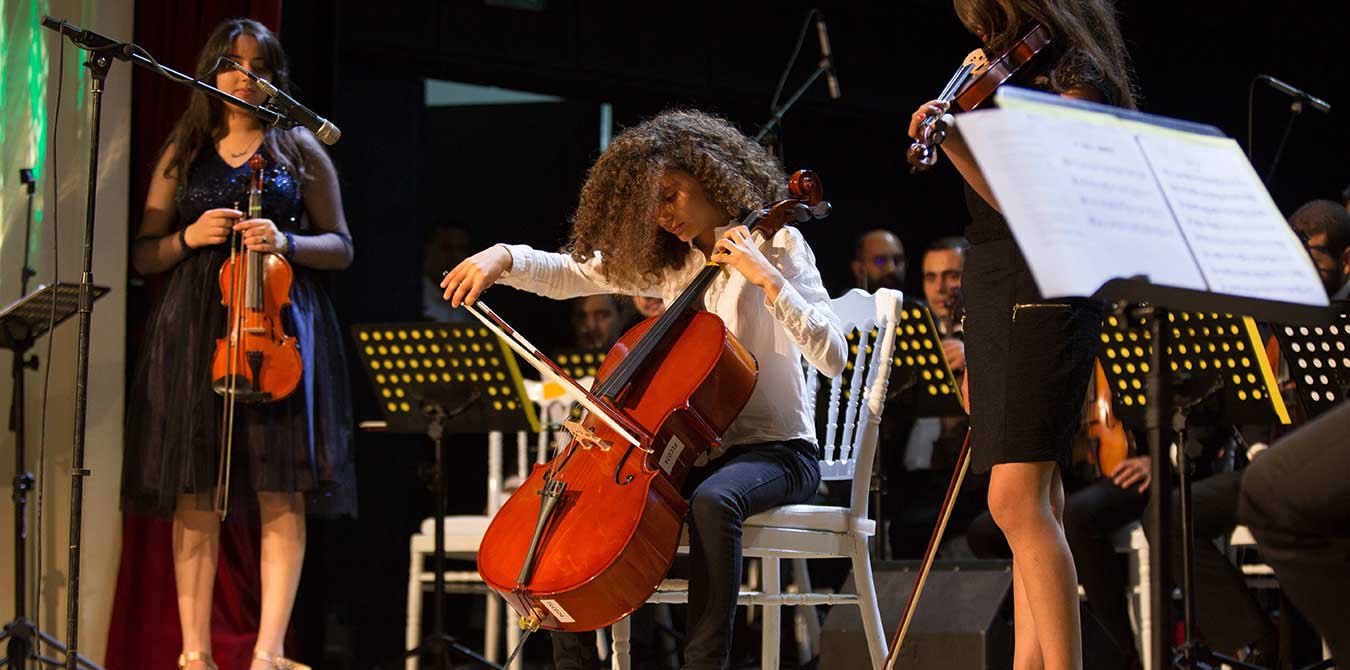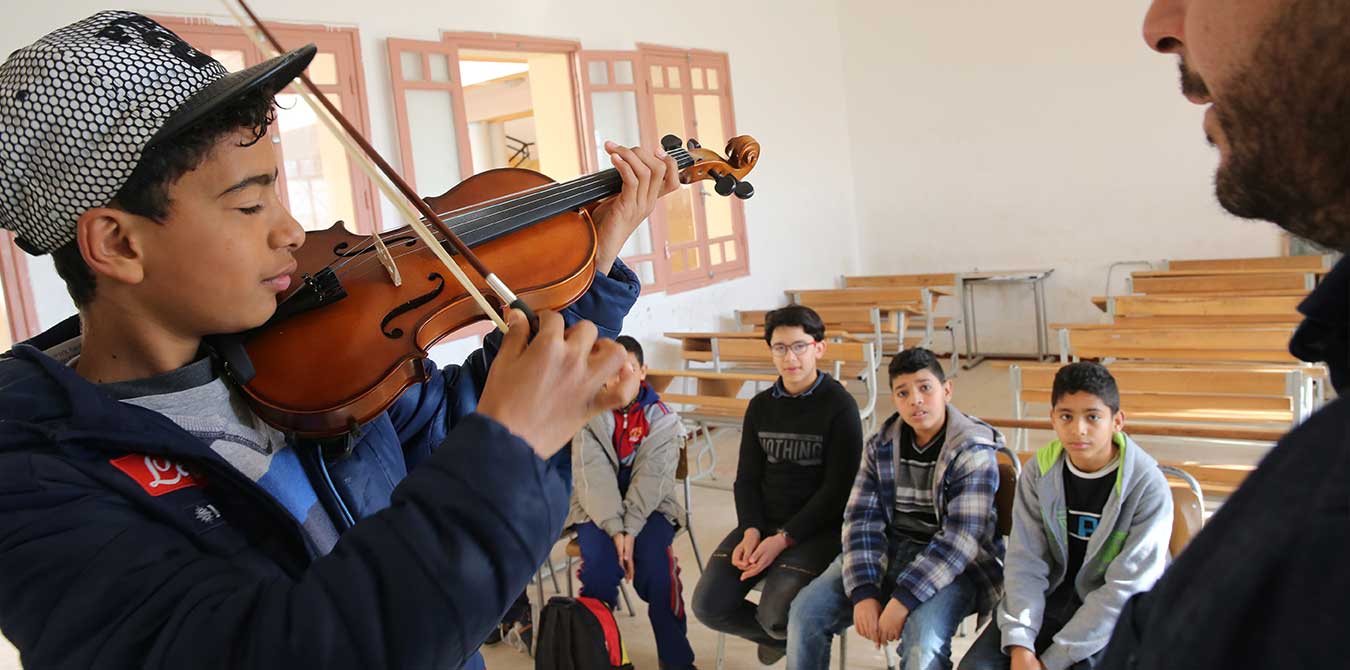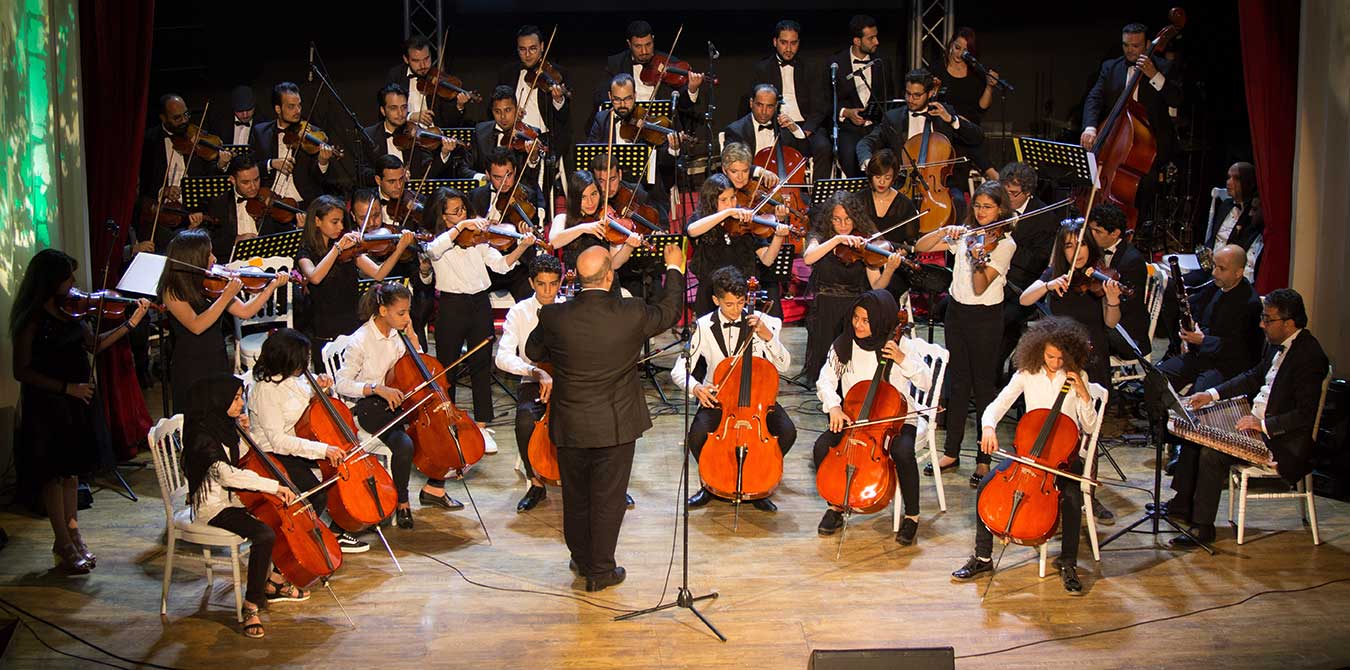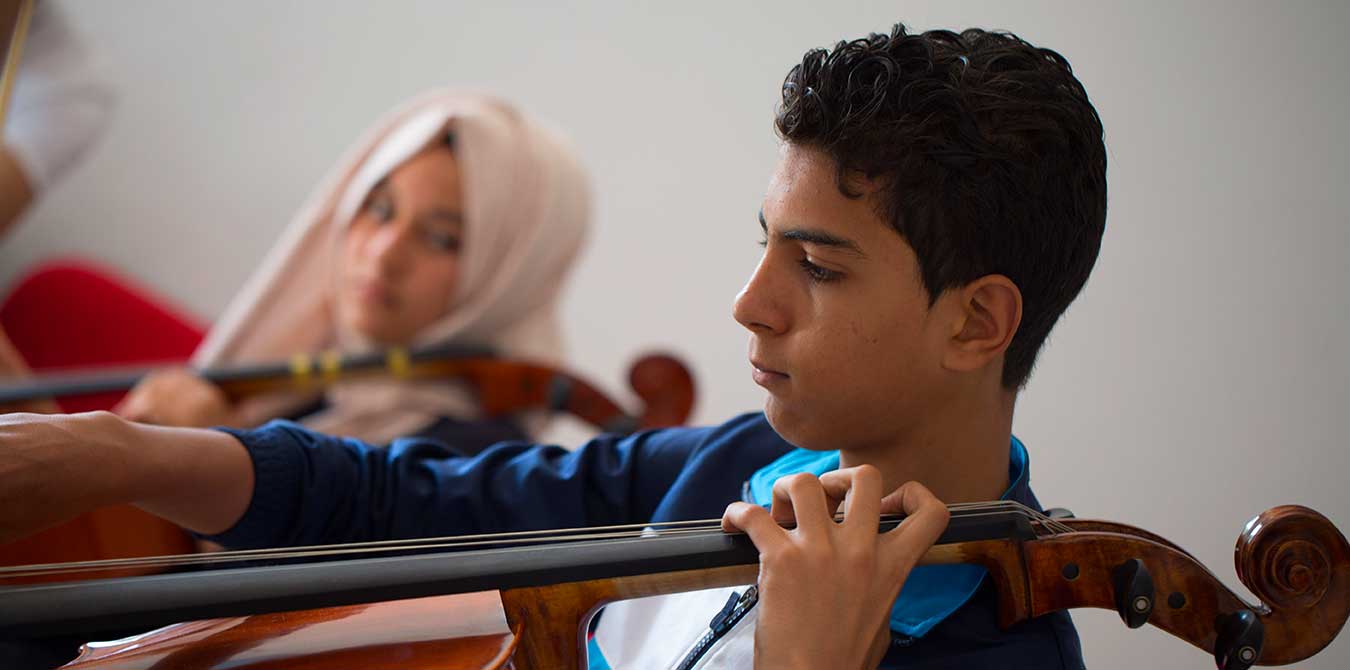Music Swap Lab
Join the sound
The brand new online project by our Future Lab!
Are you into music and full of ideas? Join our online Music Swap Lab and show off your creativity on the digital stage! Alongside the professional musicians of The Deutsche Kammerphilharmonie Bremen you can become part of an online orchestra. Check out our new project website for more info!
The Future Lab
Changing the world with music
Welcome to the Future Lab, the unique cohabitation worldwide between a world-class orchestra and a comprehensive school! Here – in a neighbourhood characterized by high-rise housing blocks and child poverty – pupils and professional musicians come together under one roof as equals. The shared daily routine enables young people to discover entirely new perspectives, while music becomes the engine for social change.
With its decision to move its rehearsal domicile to the austere purpose-built school premises back in 2007, The Deutsche Kammerphilharmonie Bremen laid the foundation for a unique collaboration. Since doing so, the orchestra members have devoted themselves in the Future Lab to the joint projects with the Gesamtschule Bremen-Ost (Bremen East Comprehensive School), which promote numerous cultural education programmes with the aim to unlock individual potential and social development through music.
The basis for this is the building of relationships through shared day-to-day encounters. In addition, all programmes take place regularly and continuously over a number of years, creating a degree of reliability that the children’s own social environment may not otherwise provide. With stage projects such as ›Melody of Life‹, ›Club 443 Hz‹, the Community Opera large-scale musical theatre production and many other activities, the Future Lab has an impact that reaches far beyond the school gates.
The Future Lab is at the same time a symbol of the extraordinary success story of The Deutsche Kammerphilharmonie Bremen. As shareholders in their own orchestra, the musicians are constantly seeking new ways of experiencing classical music.
Engagement with Top Grades
What began as an experiment in Bremen’s socially challenged district of Osterholz-Tenever, has since become a successful, multi-award-winning model for many similar schemes. Already back in 2009, it was declared a nationwide pilot project in the area of cultural education. Experts from the scientific community also regard the Future Lab as an outstanding model for their research.
The pioneering study ›Exchange. The Art of Communicating Music‹ conducted by the Mozarteum Foundation Salzburg in 2010 concluded that the artistic level of participating musicians plays a vital role in the success of educational programmes – proof of the exceptional value of the Future Lab.
A team of researchers from the international Jacobs University Bremen confirmed that the unique cohabitation between orchestra and school had a most positive effect – reflected among other things by a noticeably less violent atmosphere and better grades in German!
In his dissertation ›Urban Redevelopment and Culture‹, which earned him a doctorate from the Technical University in Karlsruhe in 2015, Thomas Fischer recognized the Future Lab’s societal potential for change through its cultural engagement: for the first time ever, a high-culture ensemble consciously embraced the problems of a neighbourhood, recognizing an obligation to seriously engage with the protagonists and issues there as its own responsibility.
In 2015, the nationwide Art Labs programme selected the Future Lab as a pilot project. Over a period of several years, the Future Lab was given considerable assistance in distilling its own principles of success and making them transferrable, so that schools and cultural institutions across Germany can learn from the Bremen model.
The Future Lab has also received numerous awards – including the Zukunftsaward, the ECHO Klassik for the Promotion of Young Talent, the Vision Award, the Villa Ichon peace prize, the Würth Prize of Jeunesses Musicales Deutschland and the Deutscher Engagement Preis.
A Successful Model that Resonates
Tried and tested in Bremen, replicated elsewhere: the success of the Future Lab resonates far beyond this Hanseatic city’s borders and has been replicated in other copy-cat projects – in Germany and internationally. In 2017, the first Future Lab was established on the African continent, the Future Lab in Tunisia!
From ›Melody of Life‹ to new editions of the Community Opera – the Bremen formats are now being staged in other cities. In consultation and cooperation with the Future Lab, satellite projects based on the Bremen model have sprung up, for example, in Potsdam, Freiburg, Frankfurt am Main or Bad Kissingen.
But the Future Lab has also become a role model and source of inspiration worldwide. In 2017, the first international Future Lab was launched in a Tunisian school. The first ›Mélodie de la vie‹ was already performed there in 2019. There are also international Future Lab collaborations through the ›Participatory Musical Theatre Visiting Academy‹ that was enabled by the German Federal Cultural Foundation with representatives from Houston (Texas), Muscat in Oman, London, Vienna and Hong Kong.
Visits to Rehearsals
Feeling Music
Take a seat in the middle of the orchestra and be part of the rehearsal up close: reverberating timpani skins and nimble fingers cast a spell not only over school pupils. What is part of everyday life together at the Bremen East Comprehensive School is sometimes also possible at places where the orchestra makes a stop on tour: a visit to a rehearsal, which can be experienced in the midst of the orchestra.
When there’s an empty seat next to the clarinettist and flautist and additional chairs have also been placed between the cellos and double basses, it can only mean one thing – a rehearsal visit to The Deutsche Kammerphilharmonie Bremen is on the agenda. At such visits, the musicians of the Deutsche Kammerphilharmonie first give an introduction to their work, to their concert tours around the world – and of course to the music they play together.
Meanwhile, other Bremen schools have begun to take advantage of this opportunity and occasionally school classes from all over Germany travel to Bremen in order to experience music from a whole new perspective.
If you are interested in a rehearsal visit, please contact f.spohr@zukunftslabor.com.
Class Mentors
Eye-to-Eye Encounters
In the Future Lab, all joint projects and stage shows are based on personal relationships and trust. Casual encounters in the corridor or the school canteen not only help to overcome inhibitions, they also spark mutual curiosity. In this familiar atmosphere, the Future Lab deliberately creates encounters so that musicians, pupils and teachers can get to know each other better. For example through a mentoring programme.
Musicians from the orchestra who become class mentors regularly visit their designated class at the Bremen East Comprehensive School to talk about their lives in the orchestra or their travels, to make music together, or simply to chat about everyday things. Conversely, classes regularly have the opportunity to attend orchestra rehearsals – visits that are prepared beforehand by the class’ designated orchestra mentor.
Both sides benefit from these mutual exchanges: the pupils are not the only ones to learn from the Kammerphilharmonie professionals – the musicians, too, gain insights into the lives of today’s youngsters, broaden their musical horizons and ›ground‹ themselves when they ›return home‹ to the school from their many concert tours around the world.
The shared daily encounters stand for themselves, without following specific intensions in the first place. Yet, in many cases they do give rise to new ideas or projects, which the pupils and musicians then develop together or which are incorporated into already existing Future Lab formats.
Melody of Life
Phsyical Distance - Emotional Intensity
As has been done for the ›Club 443 Hz digital‹, the ideas and dedicated preparations of our young artists are to be presented to the public despite necessary contact restrictions. A shortened online version of the Show with Mark Scheibe will hence be produced, respecting current virus regulations.
Tune in! Great emotions and great orchestra sound guaranteed.
Showtime Comes to School
There aren’t many singer-songwriters who can draw on a world-class orchestra to accompany their stage show – and the few that there are attend the Bremen East Comprehensive School! In the show series ›Melody of Life‹, children and adolescents present their own songs to a large audience and give an insight into what moves them. What does it sound like? Different every time: sometimes contemplative, sometimes in love and always inspiring!
They are in Years 5 to 13 and once a month take part in workshops during regular school hours run by composer and pianist Mark Scheibe. In order to develop and rehearse the pupil’s songs and give them that final polish for the stage, the Berlin-based musician regularly makes the journey to Bremen’s socially challenged district. As a charming emcee, he also guides the audience through the show, the undisputed stars of which are the children and adolescents.
In the show the pupils sing – or rap – with complete self-confidence about their dreams, fears, longings or hopes and fantasize about their future. They are accompanied by the fulminant sound of the pros from The Deutsche Kammerphilharmonie Bremen. Always along for the ride: the dedicated school staff, going well beyond ordinary tasks to support their pupils, the rehearsals and the joint show. They do not only ensure everything goes smoothly backstage – they also groove along on stage as the ›Hot Päds‹.
Mark Scheibe
Born in 1968, freelance composer, pianist, singer and songwriter Mark Scheibe has been musical director of ›Melody of Life‹ since its inception. Together with the pupils, he develops initial ideas, arranges them into songs with orchestral accompaniment – while always carefully respecting their original character. This ensures the songs remain authentic and retain their unique charm. In 2012, ›Melody of Life‹ was awarded the ECHO Klassik.
Club 443 Hz
Welcome to the Club
Whether dramatic, magical or experimental – in this club everything is possible! In ›Club 443 Hz‹, genre boundaries are effortlessly crossed when the professional musicians from The Deutsche Kammerphilharmonie Bremen and the pupils from The Bremen East Comprehensive School start swinging to the same beat and bring forth new sounds.
›Club 443 Hz‹ spans a bridge between the Community Opera and ›Melody of Life‹, creating a space for new sound nuances and revealing visually and audibly the many ideas that have grown out of the day-to-day encounters of this unique cohabitation, but which go far beyond the scope of the already existing stage formats. In ›Club 443 Hz‹, the nuances, new combinations and sound adventures take centre stage!
When ›Club 443 Hz‹ opens its doors, the orchestra plays music and experiments with pupils and teachers from the Bremen East Comprehensive School, with guests from the local community and with artists from all over the world. The programme is put together in careful cooperation with the school’s music and art teachers and orchestra musicians, paying respect to pupils‘ interestens and seeking for artistic expression of current topics. Every talent, every interest and every idea can be brought on stage, because participating and contributing is the true quality of Bremen’s most amazing club.
Community Opera
›You Always have a Choice!‹
An enormous opera tent surrounded by high-rise residential blocks – in the middle of a neighbourhood with a variety of social challenges and afflicted with high rates of child poverty? Roughly every 1-2 years, people here rise to the challenge of staging a musical theatre production in which up to 600 people who live or work in the community actively participate: the Community Opera on the ›Green Hill‹ of Osterholz-Tenever (OTe) is the Future Lab’s flagship project!
This gargantuan project staged by school and orchestra is not only an expression of the many ideas that flow from the day-to-day cohabitation – the Community Opera brings people from all walks of life together and gives them a strong voice. It evolves with and for its protagonists.
Bremen’s satellite town of Osterholz-Tenever is home to people from almost 90 different nations. Hundreds of its inhabitants work for months on end under professional guidance, both behind the scenes and on stage: pupils and teachers of the Bremen East Comprehensive School, musicians from The Deutsche Kammerphilharmonie Bremen, and voluntary helpers from neighbourhood initiatives and clubs. Based upon mutual appreciation, this involvement reaches from support such as shuttle services and backstage catering, to costume tailoring and the participation on stage. Pupils are involved in areas such as acting, singing, dancing, instrumental groups, art and stage design. The Community Opera’s motto is ›You always have a choice!‹ : everyone and anyone who wants to get involved is encouraged to take interest and hone their talents.
The success of eight Community Operas to date serves to strengthen the conviction of our orchestra musicians that music not only reflects social change, but can be the engine to drive the process itself.
Beethoven Beats
A music education recomposition project at the interface between professional orchestra, community school and live electronic music
What do people find moving about Beethoven’s music? Why and to what extent is it still as topical and exciting now as it was during Beethoven’s lifetime 250 years ago? And how would young people today, with the modern methods of music production available to them, give expression to what may have moved Beethoven? Inspired by questions such as these, the Future Lab has ventured an experiment to mark the start of the Beethoven Year 2020.
Higher-grade secondary school pupils have explored Beethoven’s music, inspired by personal conversations with members of the orchestra and under the guidance of live electronics performer Jonas Urbat and their teachers Thomas Kelch and Gilles Agnamana. They have studied the sounds, searching for the messages, yearning, expression and motivation that drove the famous composer, and related these to their own life experiences.
Using the Ableton program, the pupils worked on a recomposition of Beethoven’s 9th Symphony for school band, live electronics and orchestra, performed together with The Deutsche Kammerphilharmonie Bremen.
The première took place by invitation of Germany’s Federal President Frank-Walter Steinmeier at his official residence Schloss Bellevue in December 2019, where The Deutsche Kammerphilharmonie Bremen put on a promenade concert to get the Beethoven Year 2020 underway.
Eine weitere Aufführung ist im Rahmen des Club 443 Hz am 4. und 5. Juni 2020 in der Kammer-Philharmonie geplant.
A further performance is scheduled for 4th and 5th June 2020 in the Kammer-Philharmonie as part of the Club 443 Hz offering.
Sommer in Lesmona Family Day
Summer for All
Discover, invent and experiment: the Future Lab opens its doors to musical experimentation not only within but also beyond the Bremen East Comprehensive School. For example on Family Day at The Deutsche Kammerphilharmonie Bremen’s annual outdoor summer classical event ›Summer in Lesmona‹ in Knoops Park – picnic, plenty of space to romp between the tall trees and a magnificent view of the Lesum River included.
On the stage, in the festival tent and throughout the extensive park, a plethora of musical offerings awaits the children, while the adults can direct their whole attention to the picnic competition. In the meantime, the children are preparing the Sunday’s highlight in the various Future Lab workshops, because without their participation, this crowning finale of the classical music festival cannot take place.
At the grand ›Family Concert‹ in the afternoon, the children demonstrate the fruits of their morning’s labour as part of the ›Future Lab play-along orchestra‹ together with the professional musicians from The Deutsche Kammerphilharmonie Bremen in front of an astounded audience!
Treasure Hunt
Puzzling Promenade Concerts
This treasure hunt requires a very special intuition: visitors move from one musical station to the next, solving puzzles that the musicians of The Deutsche Kammerphilharmonie Bremen set. In doing so, not only their ears, but also their eyes and their imagination are challenged.
Which instrument is longer when it is uncoiled: a trumpet or a French horn? And which animal is hidden in the string trio? – In the grand finale of these entertaining promenade concerts, the riddle is solved or the treasure is raised. The Deutsche Kammerphilharmonie Bremen’s ›Musical Treasure Hunt‹ is a guest event that can take place in a diverse array of suitable locations: in museums, castles, mines or skyscrapers – wherever there is sufficient space. For families, for young and old, or on special thematic occasions.
Art Labs
Making Principles of Success Tangible
From 2015–2019, the Future Lab was part of MUTIK gGmbH’s nationwide sponsorship programme Art Labs, financially supported by Stiftung Mercator. As one of five labs selected from all branches of the arts, the Future Lab had the possibility to gain insights into and develop its own working principles so that they can be absorbed into other schools’ practices and routines.
The aim of the programme is to develop formats and methods for implementing high-quality artistic offerings in schools. The resulting website www.kunstlabore.de/musik offers deep insights into the work of the Future Lab. It makes useful practical materials available into which a wealth of experience and valuable knowledge have been incorporated.
In a number of so-called transfer schools, the formats were tested and adapted to suit the local area, for example Frankfurt am Main and Bad Kissingen. The key factors for the success of the Bremen model are thus made tangible and, in this way, a wide range of similar projects can take their inspiration from the original Bremen Future Lab.
Commerzbank
Collaborative Development
The aim of this tandem programme was to bring together educational and cultural institutions that could benefit directly from the work of the Future Lab. The transferability of the overall concept was just as important as the sensitive adaptation to the local conditions.
The tandem programme gave rise to lasting partnerships, for example the cooperation with the Freiburg Philharmonic Orchestra and the Chamber Academy Potsdam.
Project duration 2014–2016
Fellowship Programme
Participatory Musical Theatre Fellowships
Within the framework of an international academy and a public symposium, supported by the Federal Cultural Foundation of Germany, the Future Lab made the experiences from ten years of the Community Opera tangible for other interested parties. Twelve selected participants from around the world also observed the genesis of the 7th Community Opera at first hand – and documented exciting results.
In the field of tension between theory and practice, they worked with academics and experts to identify problems and proposed recommendations for action in the field of Participatory Musical Theatre. An expert audience was invited to a symposium in May 2017 for the premiere of the Community Opera.
Project duration 2016–2017
Future Lab Tunisia
From Bremen to Tunisia
Inspired by the success in Bremen and other german cities and in cooperation with the Kamel Lazaar Foundation, the Future Lab has been developing Future Lab Tunisia since 2017 based on the Bremen model. Thus the musicians of The Deutsche Kammerphilharmonie Bremen are for the first time transferring their experiment to a completely different cultural situation.
For the Future Lab Tunisia, a concert hall is being built in the grounds of the state-owned Collège Ibn Khaldoun – in Lab Manouba, a socially disadvantaged neighbourhood in Greater Tunis. This will be the home of the Orchestre National Tunisien, which, in addition to its concert activities, will initiate joint programmes there in cooperation with the school. Future Lab Tunisia is introducing instrumental lessons into the school curriculum and developing its own formats between pupils and orchestra – based on Bremen’s example, but with its own individual profile.
The aim of the Future Lab Tunisia, by analogy with the Bremen original, is to unlock individual potential and promote social development through music. It promotes competencies such as the ability to take responsibility, the spirit of initiative and reliability that are important for the teenagers also as citizens of young democracy.
The cooperation is supported by the German Federal Foreign Office.
International Partnerships
- Houston (Texas): contact partner for the Houston Grand Opera within the scope of the Fellowship Programme
- Muscat (Oman): contact partner for the Royal Opera House within the scope of the Fellowship Programme
- London: contact partner for the BBC Concert Orchestra within the scope of the Fellowship Programme
- Vienna/Hong Kong: contact partner for the Vienna Boys’ Choir Music Academy Hong Kong within the scope of the Fellowship Programme
Project duration: 2015–2019
Dates
| 15.03.2024 | Start Music Swap Lab Vol.11 |
|---|---|
| 25.04.2024 | Melody Of Life - cancelled |
| 26.04.2024 | Melody Of Life - cancelled |
| 11.08.2024 | Sommer in Lesmona Family Day |
Partners
-
The Future Lab is sponsored by
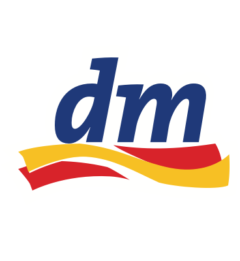 dm
dm MUTIK
MUTIK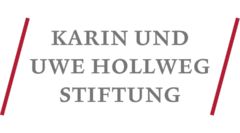 Karin und Uwe Hollweg Stiftung
Karin und Uwe Hollweg Stiftung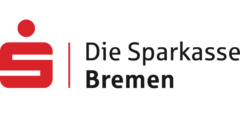 Die Sparkasse Bremen
Die Sparkasse Bremen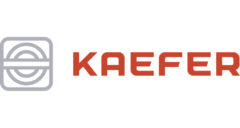 Kaefer
Kaefer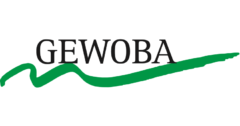 Gewoba
Gewoba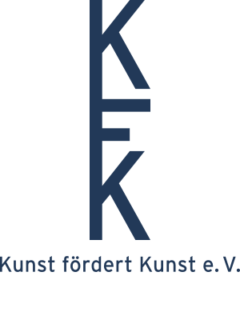 kfk
kfk
-
Art Labs was made possible by
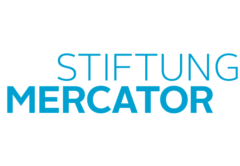 Stiftung Mercator
Stiftung Mercator Mutik
Mutik
-
The Future Lab Tunisia is sponsored by
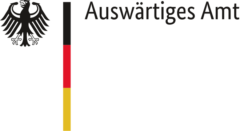 Federal Foreign Office
Federal Foreign Office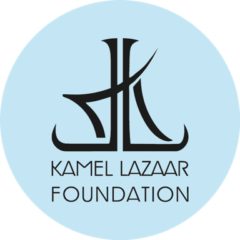 Kamel Lazaar Foundation
Kamel Lazaar Foundation
-
Partners of the Future Lab:
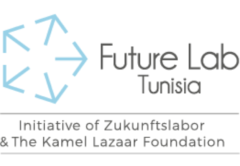 Future Lab Tunisia
Future Lab Tunisia Kamel Lazaar Foundation
Kamel Lazaar Foundation
-
Partners of The Deutsche Kammerphilharmonie Bremen:
 Karin und Uwe Hollweg Stiftung
Karin und Uwe Hollweg Stiftung Die Sparkasse Bremen
Die Sparkasse Bremen Kaefer
Kaefer Sponsors of The Deutsche Kammerphilharmonie Bremen:
Sponsors of The Deutsche Kammerphilharmonie Bremen:
Contact
Future Lab
An initiative of The Deutsche Kammerphilharmonie Bremen GmbH
Am Wall 165 · 28195 Bremen
Tel. +49 (0)421 95885–0
info@zukunftslabor.de
Press
-
Contact: Andrea Katzmarczyk-Engmann
Team
-
Imke Poeschel
-
Sabine Kuhnert
-
Martina Kadoff
-
Paula Mether
-
Lina Weber
-
Rosa Bredehorst
Jobs
Are you interested in a work placement with us? We are always happy to receive applications. Please send your application pack to info@zukunftslabor.com.
